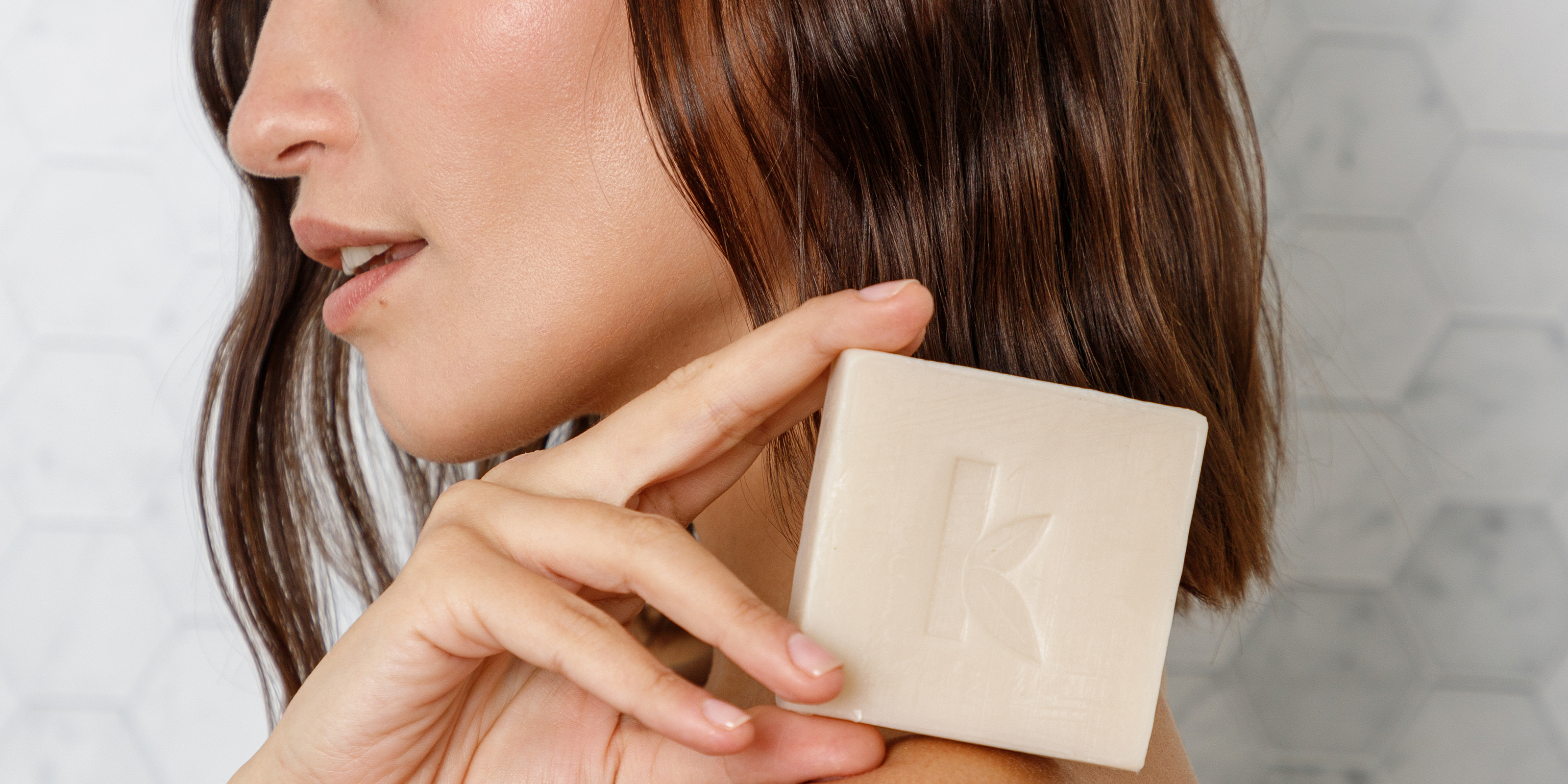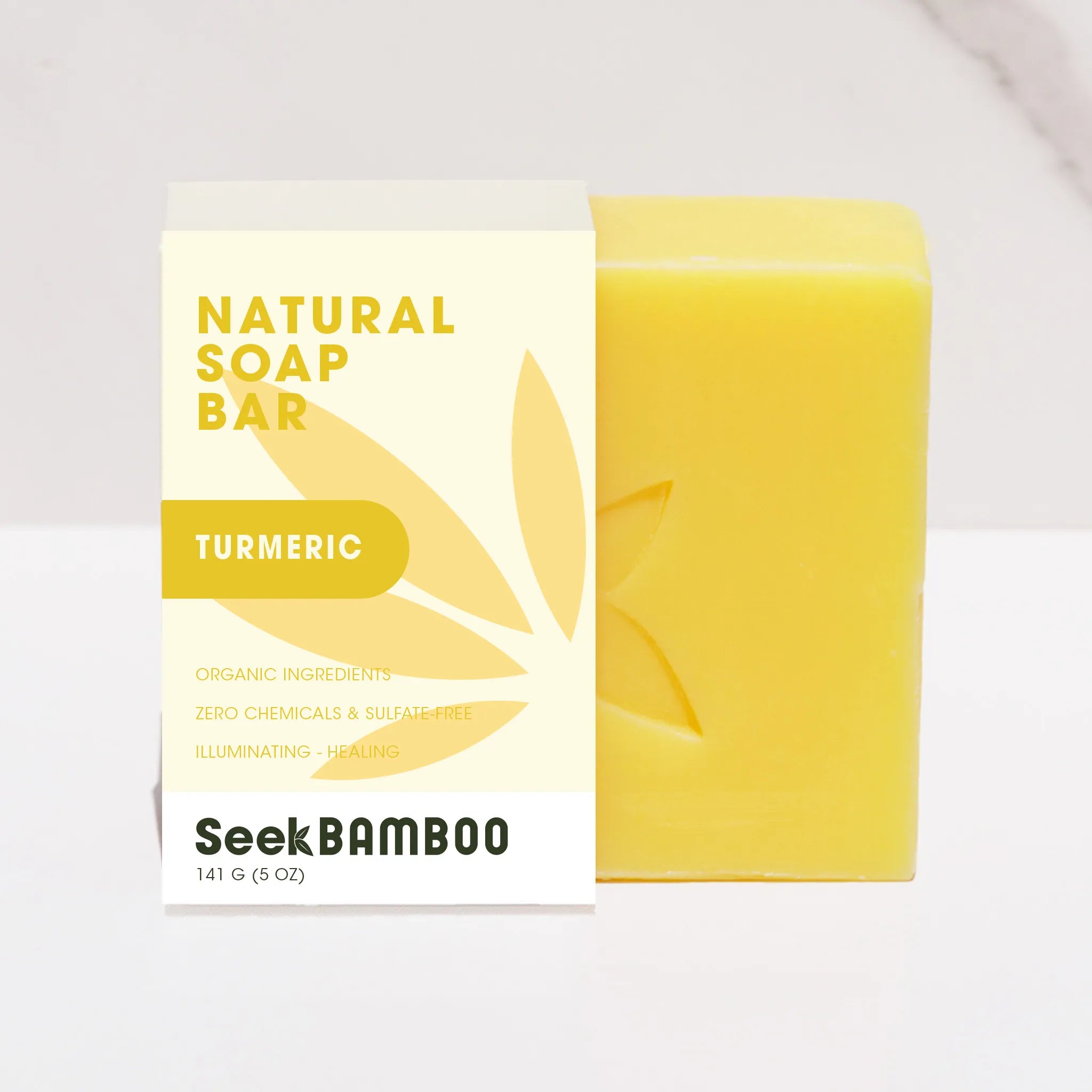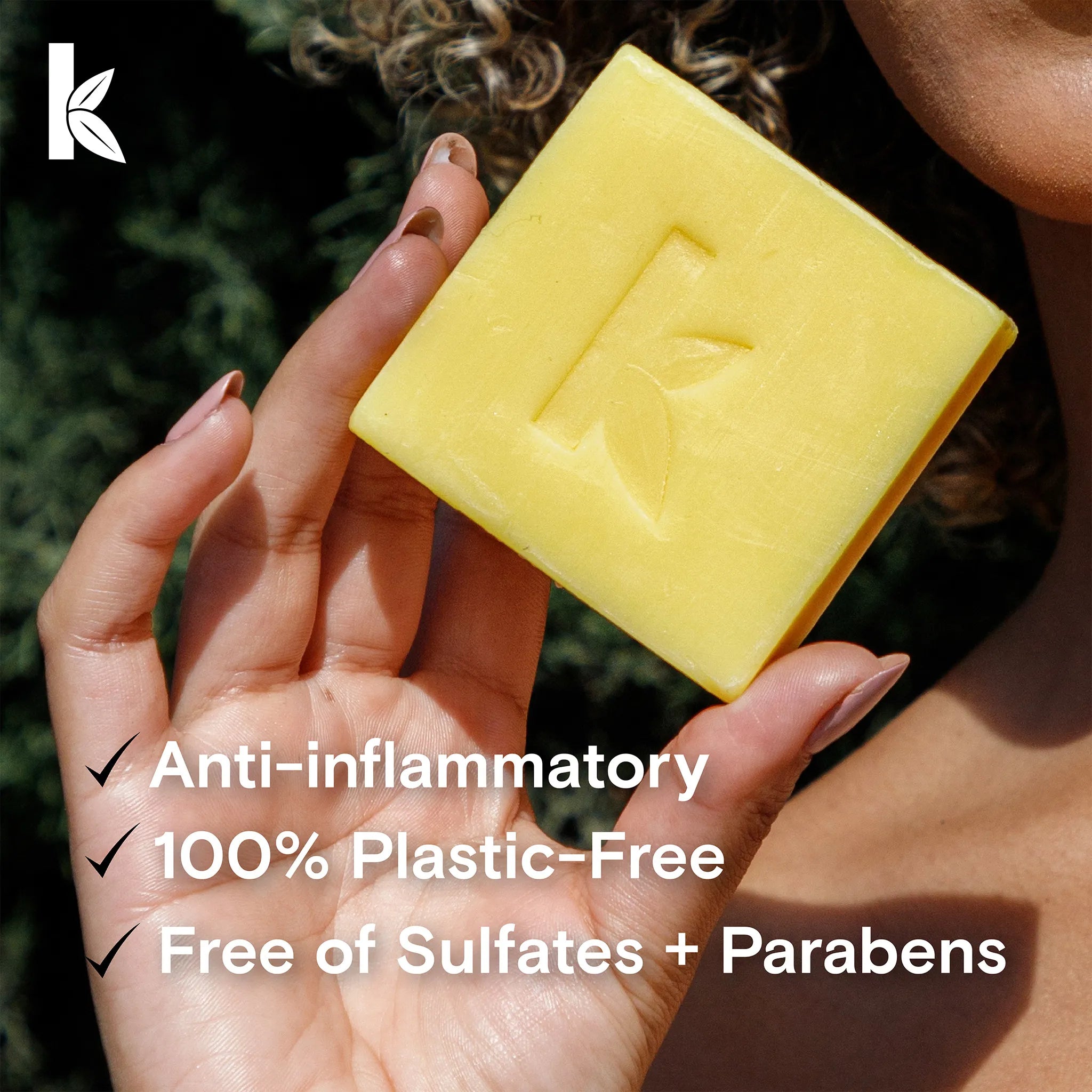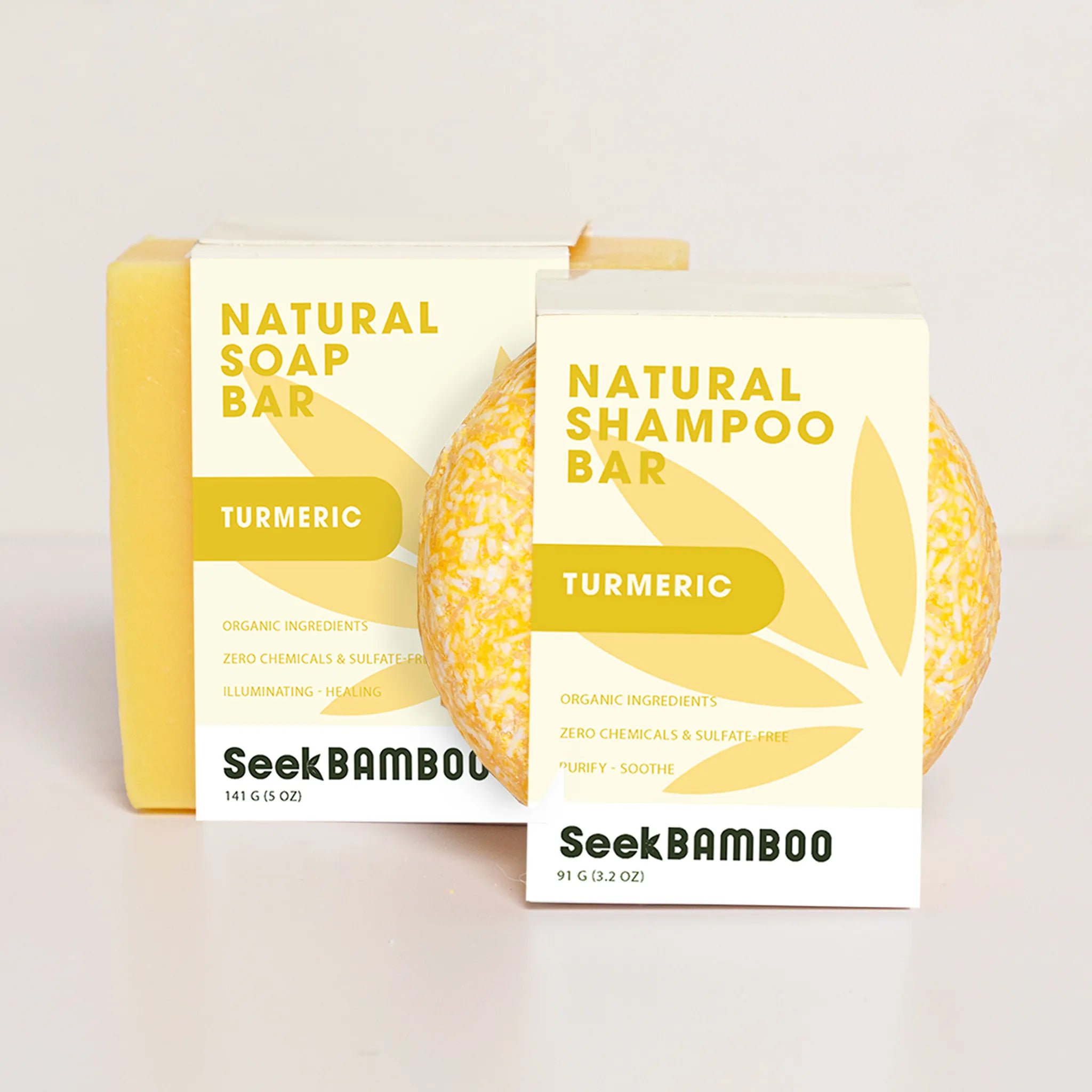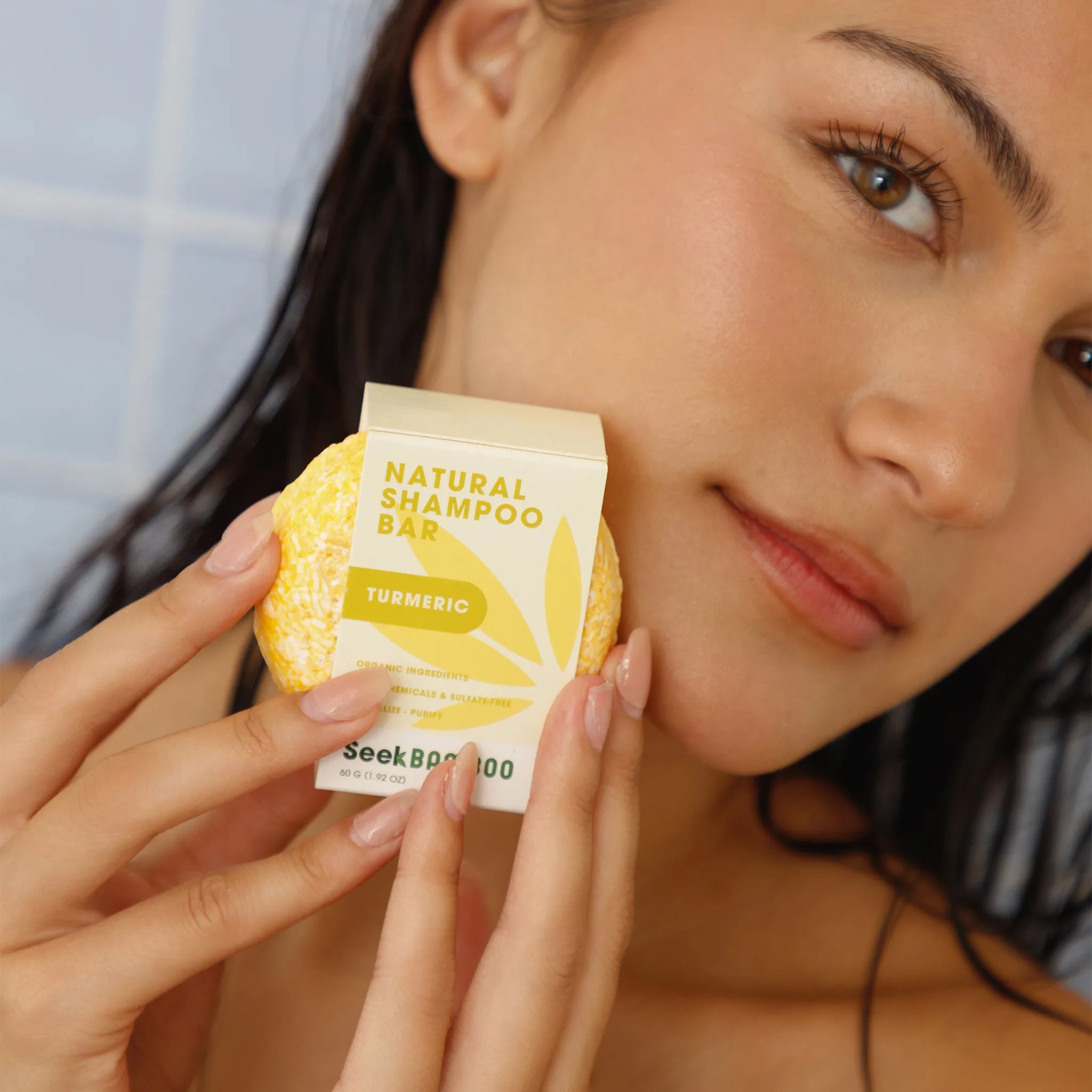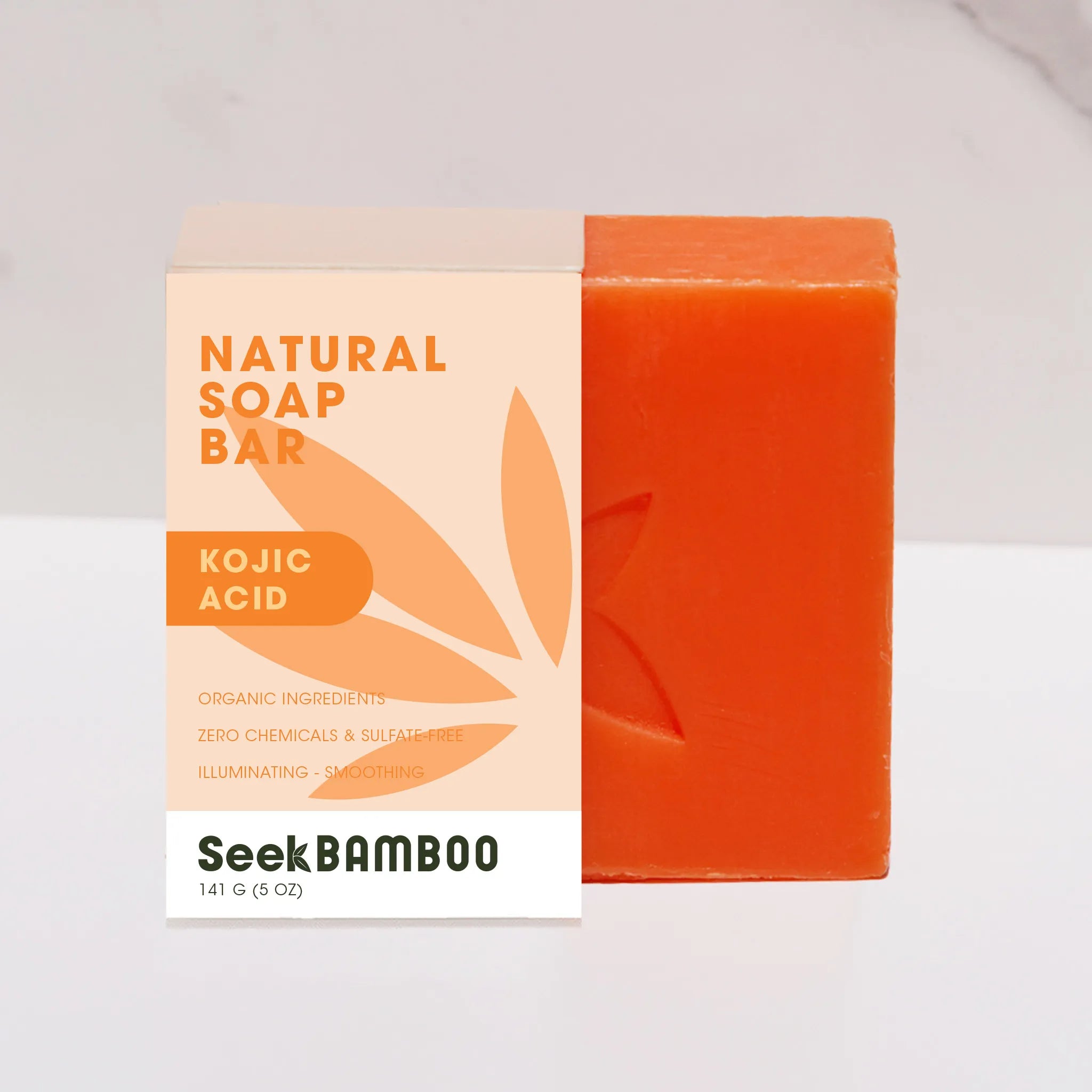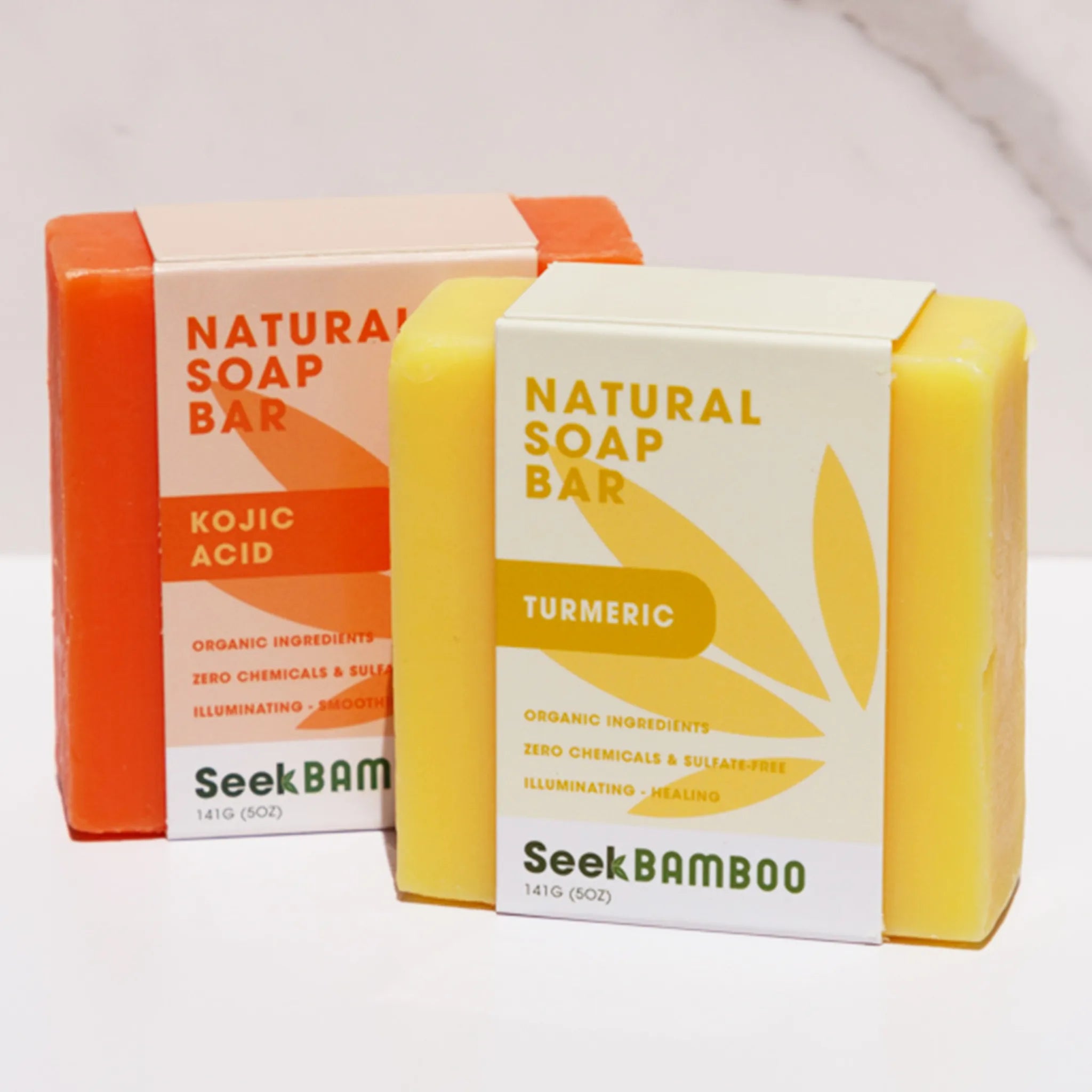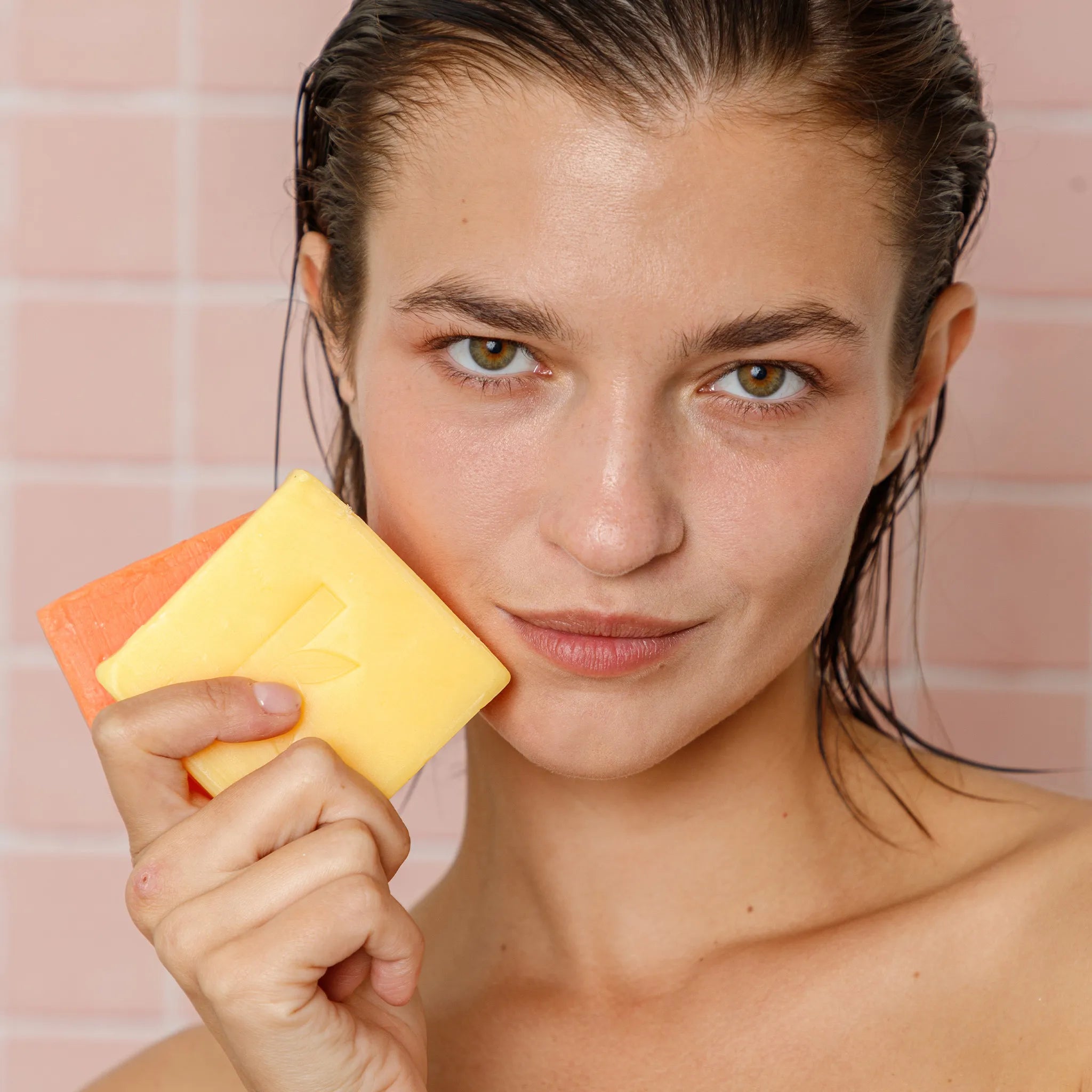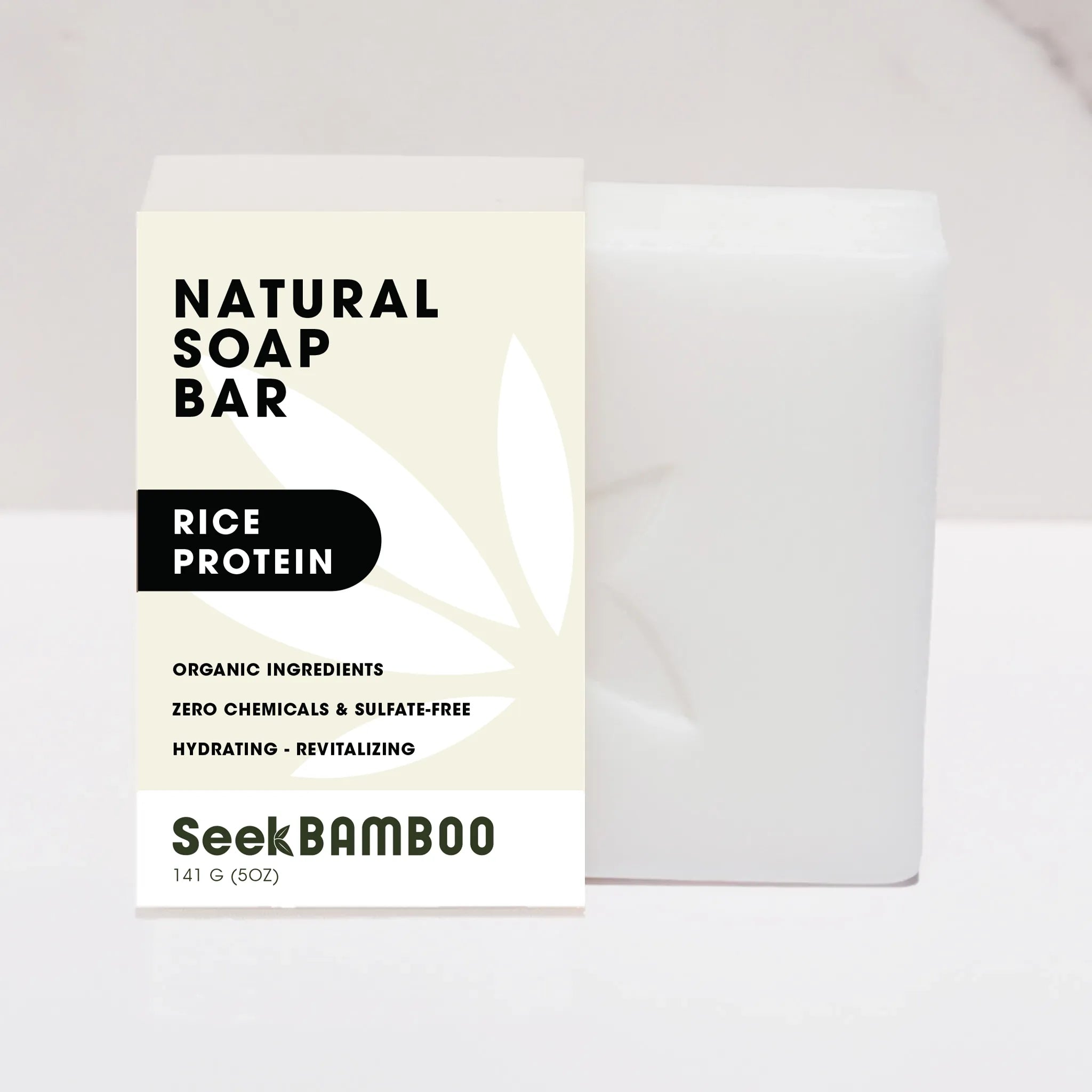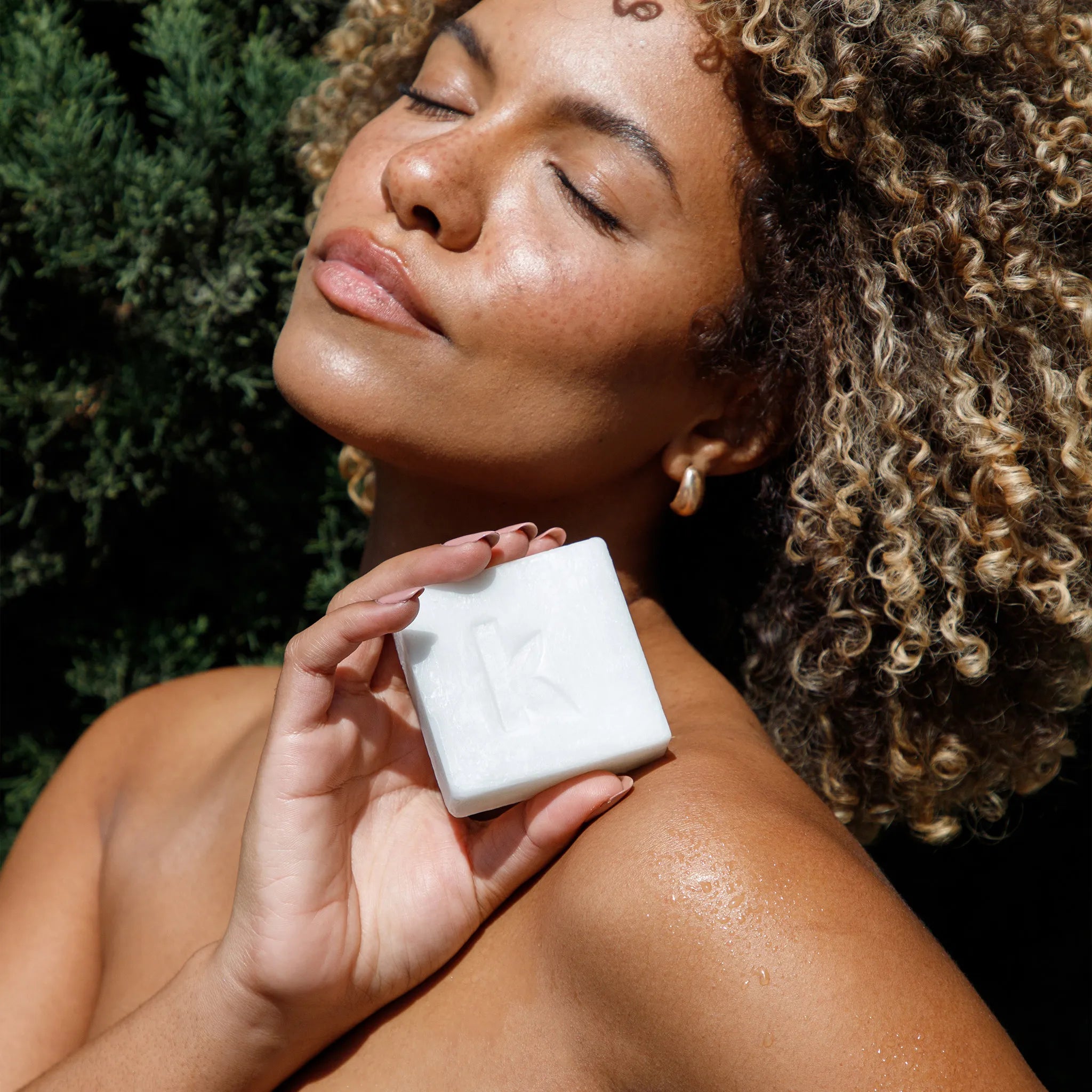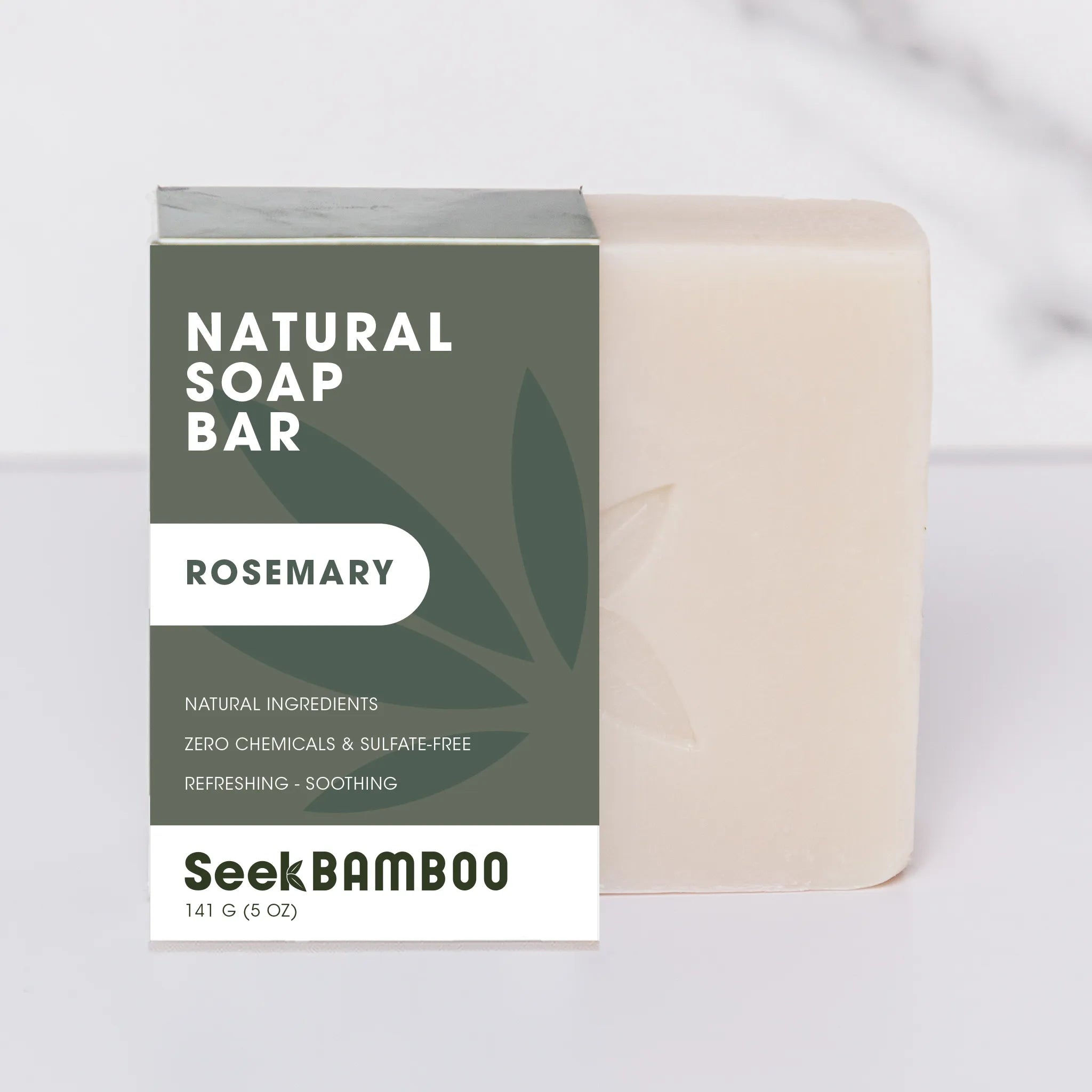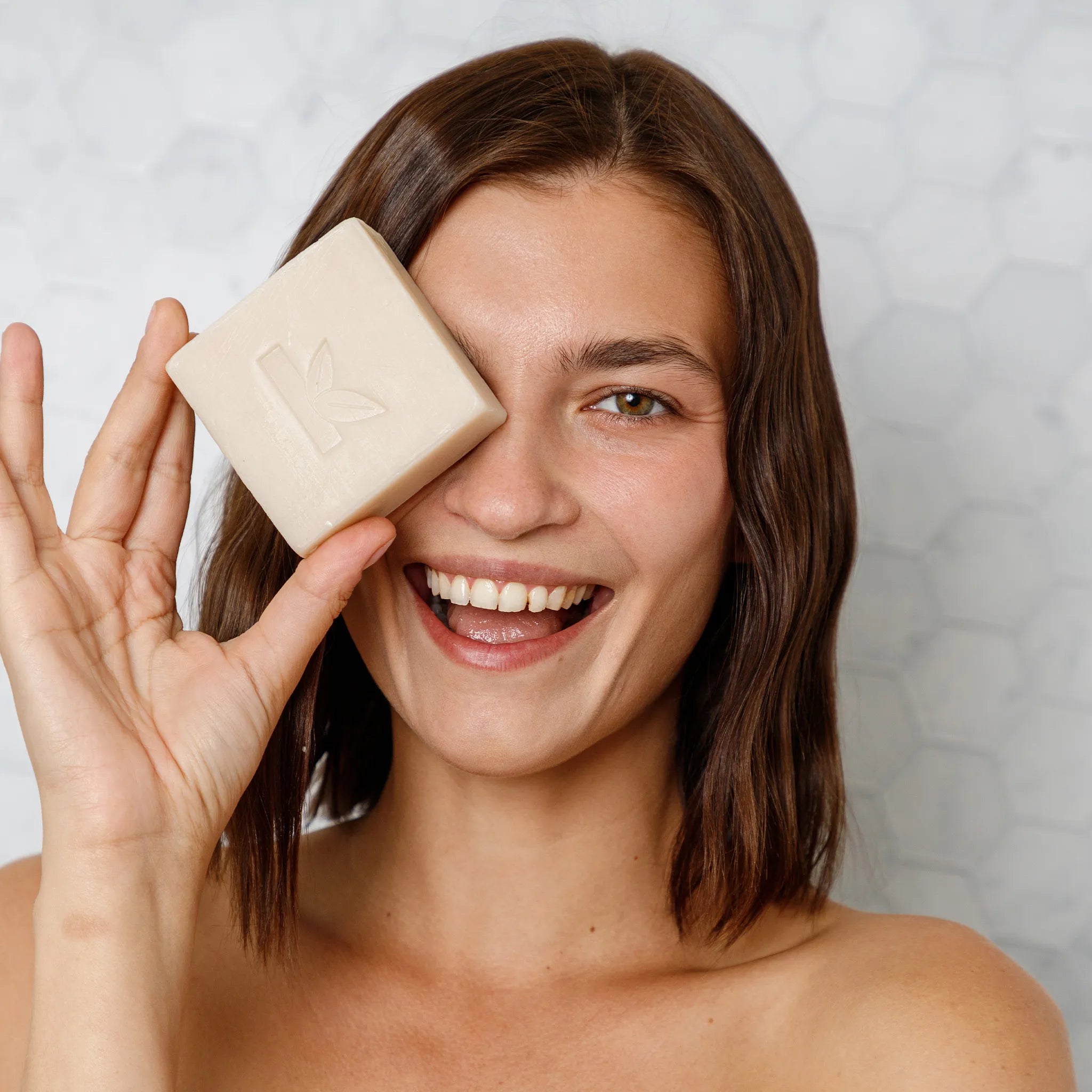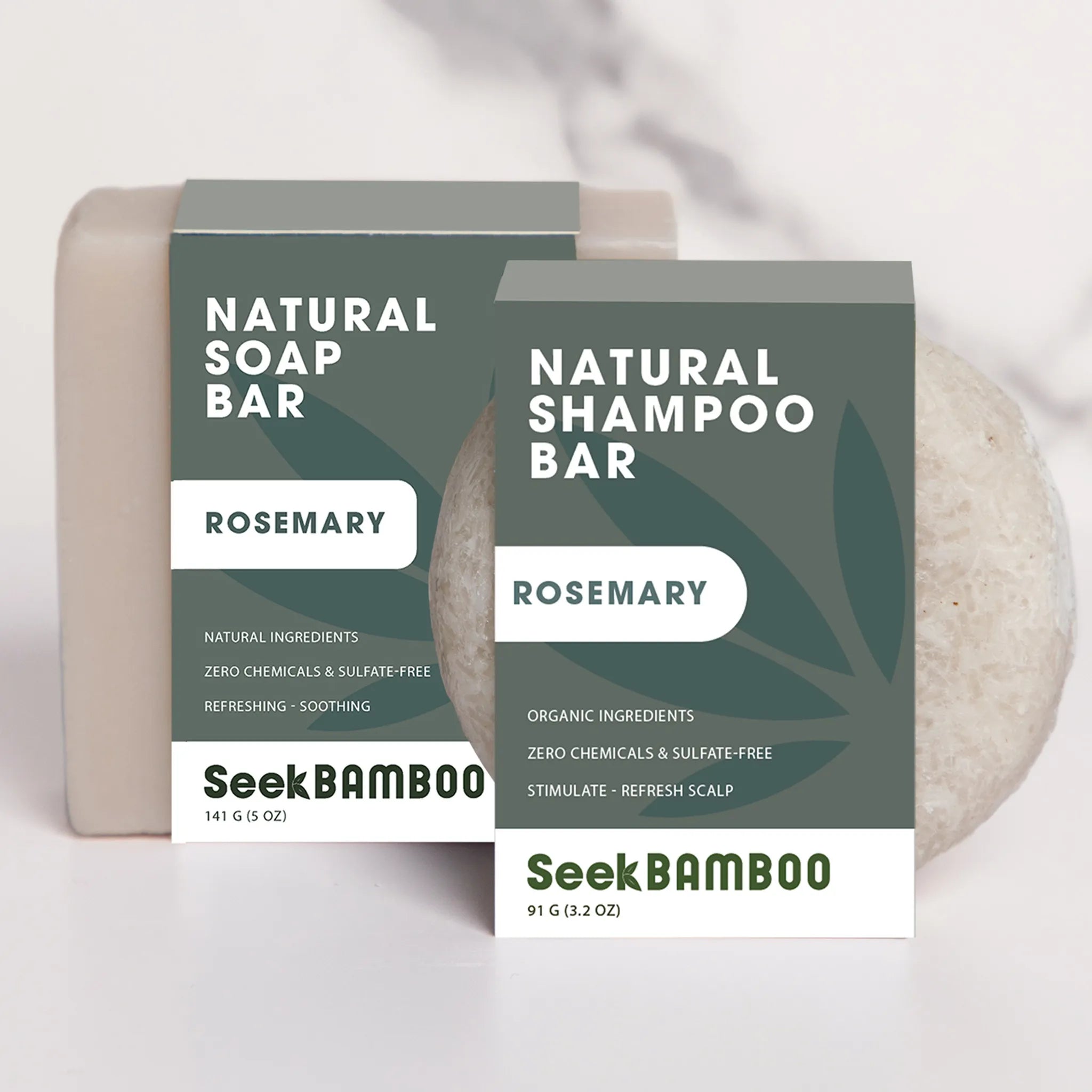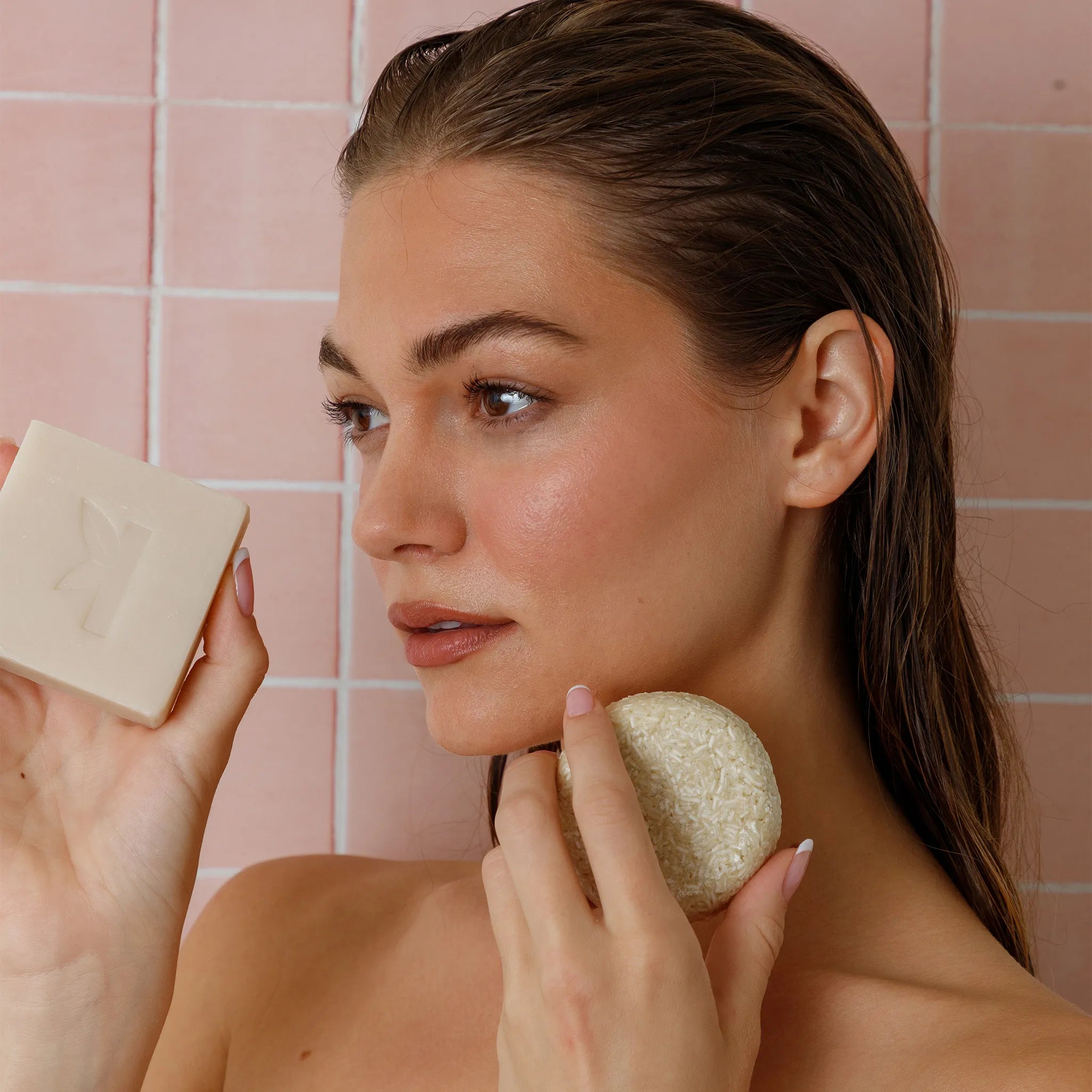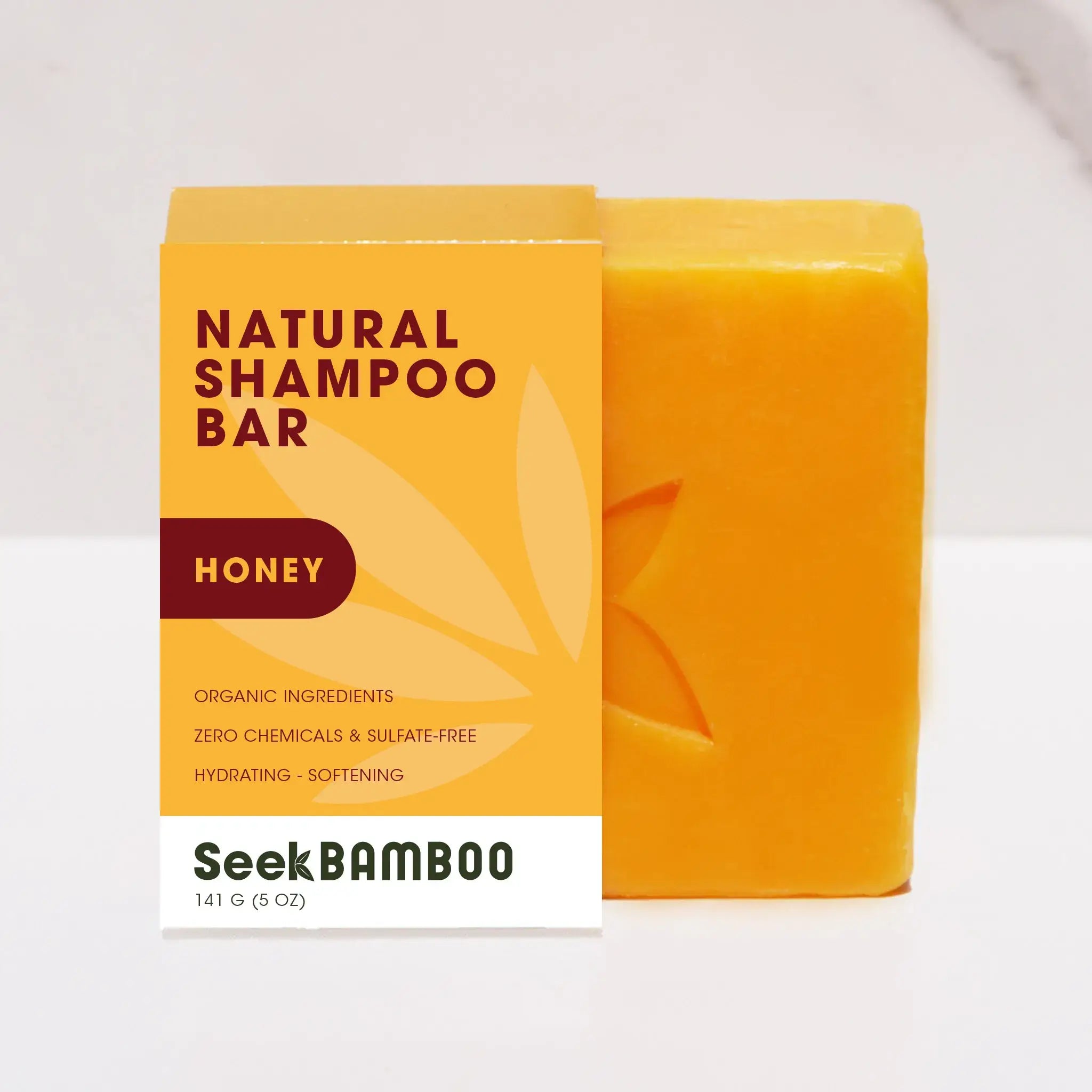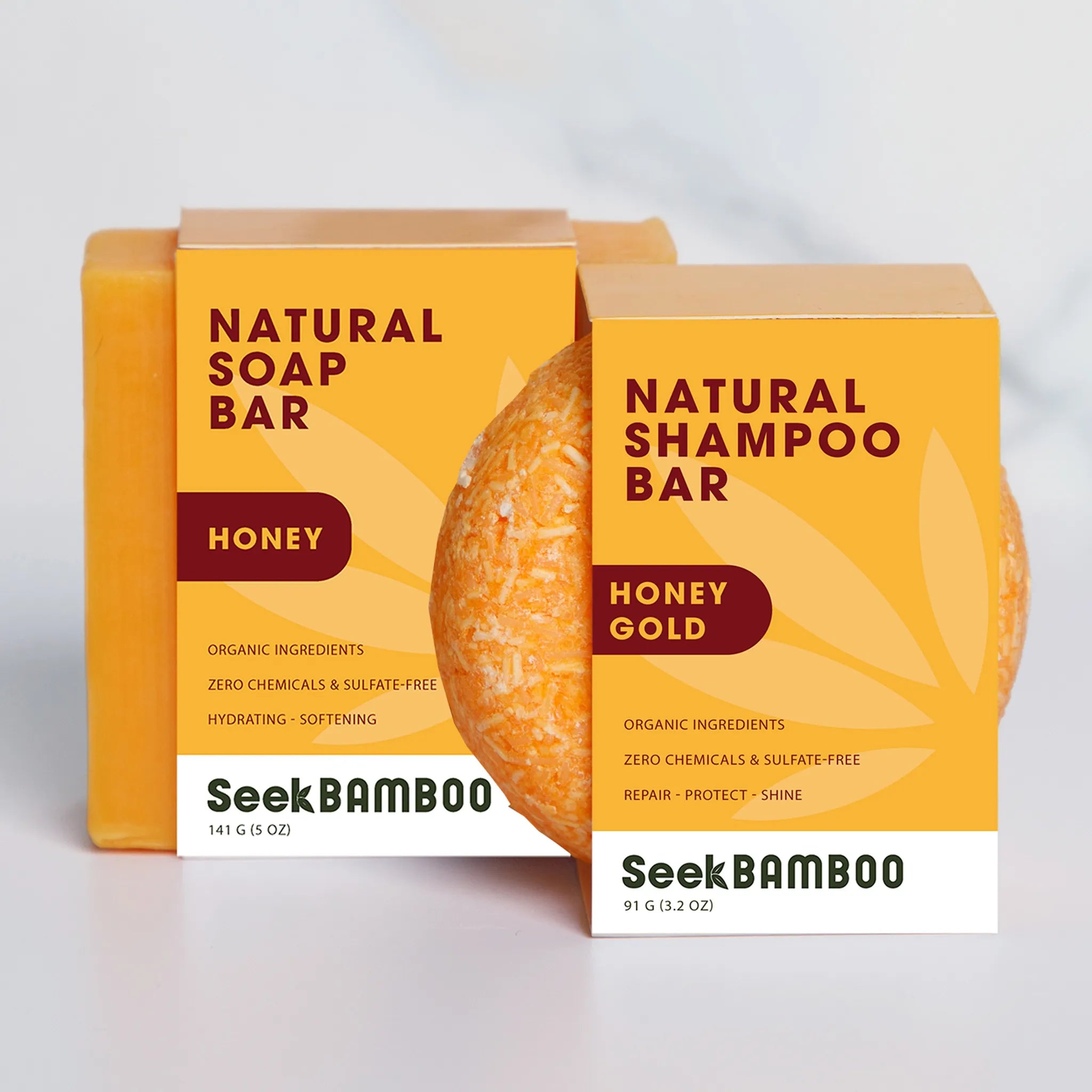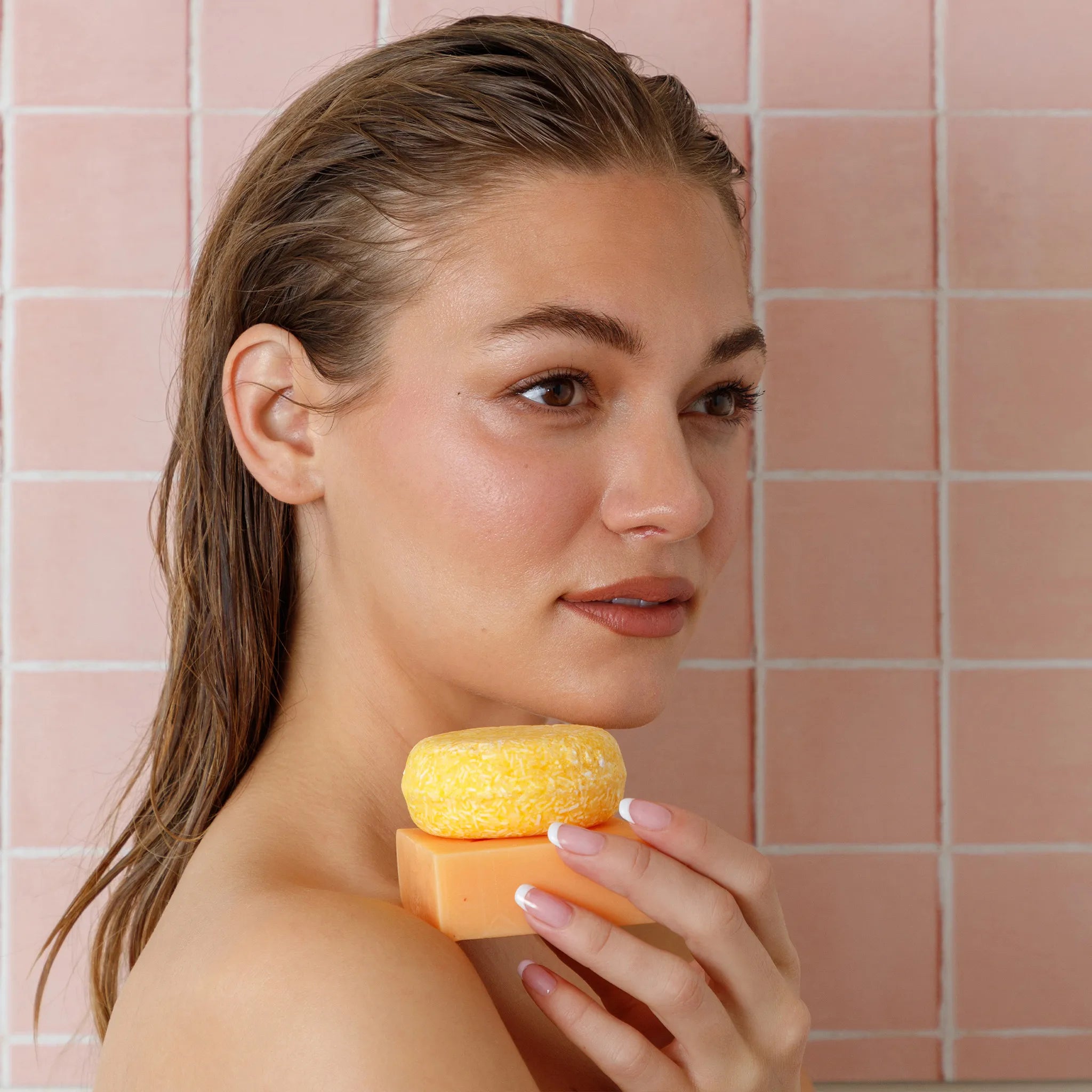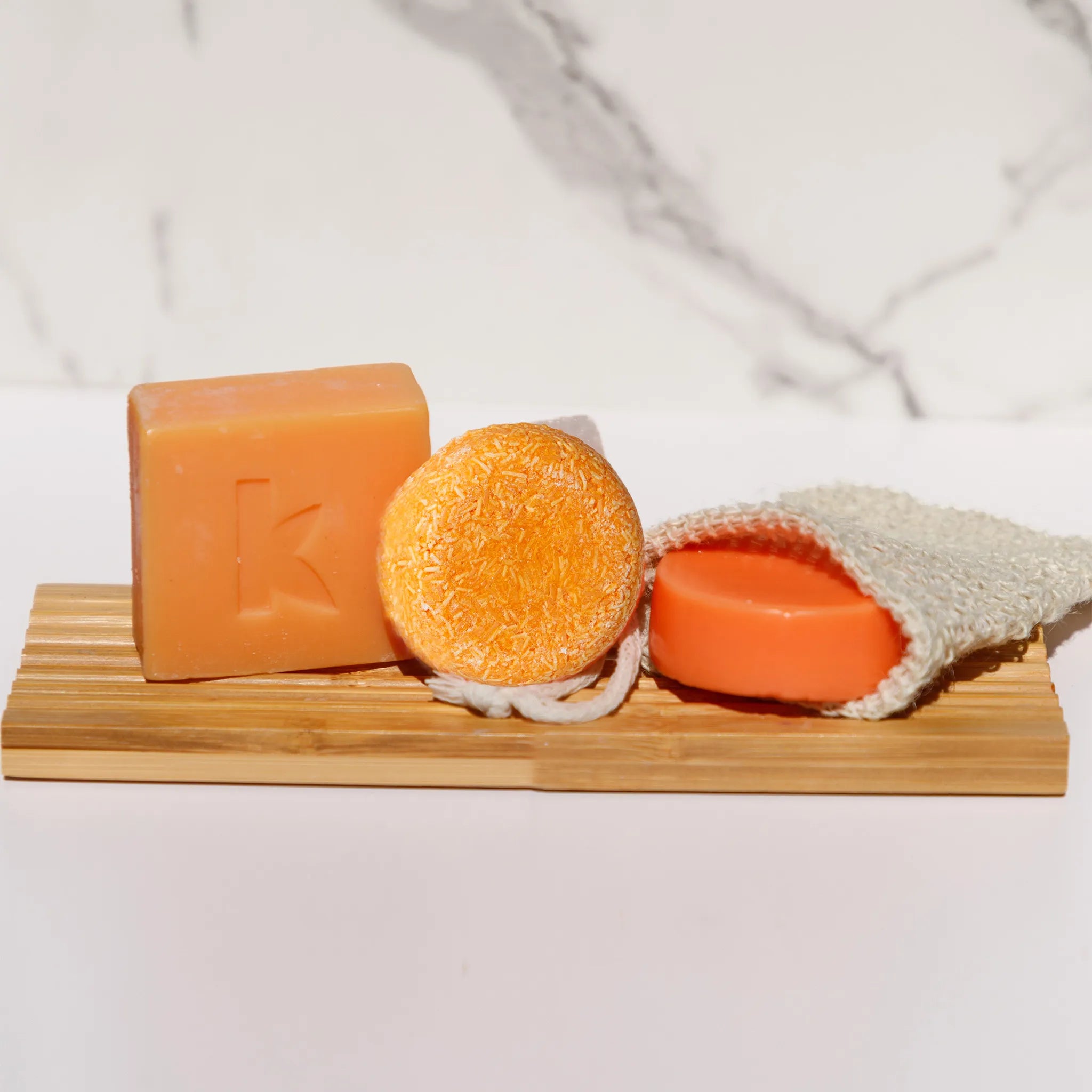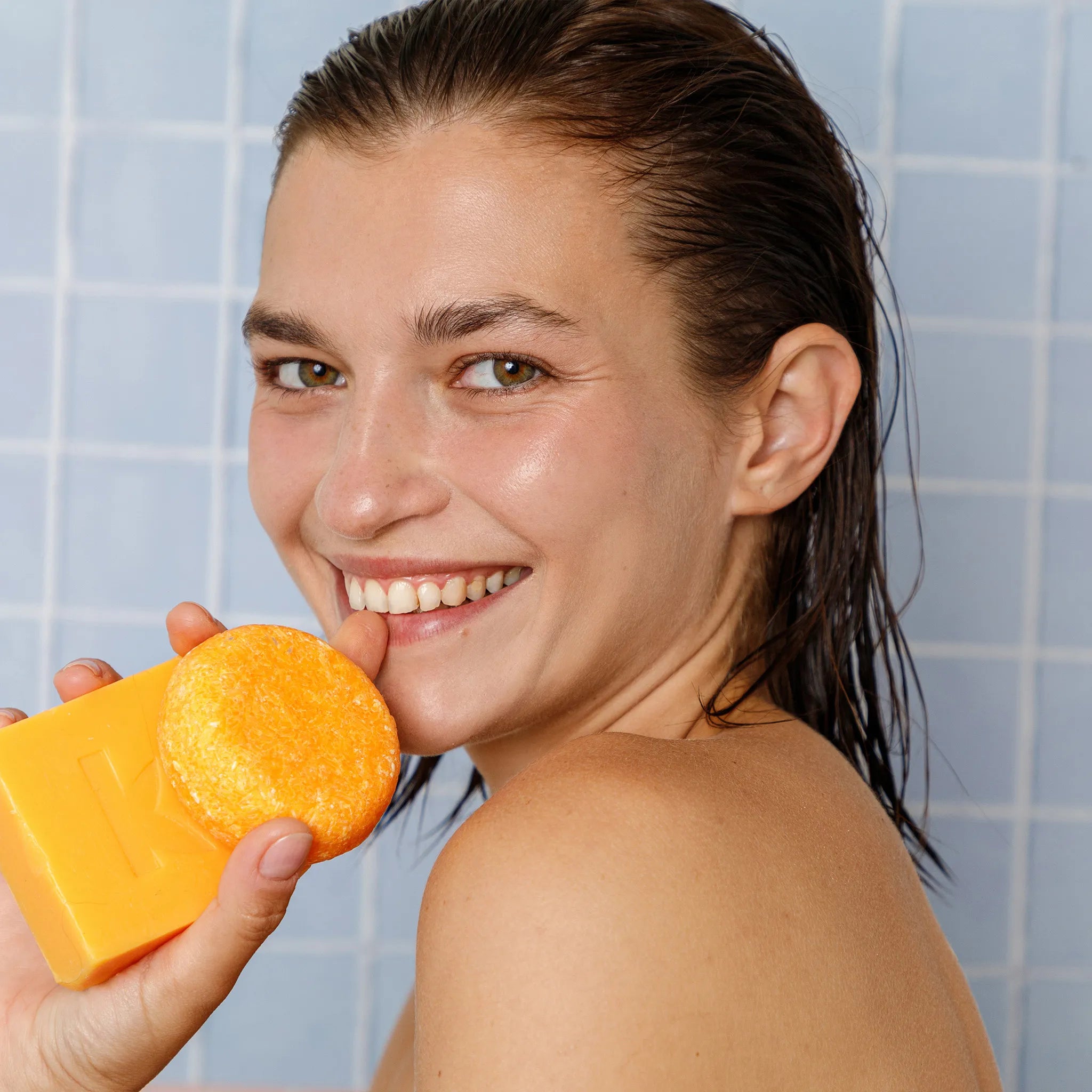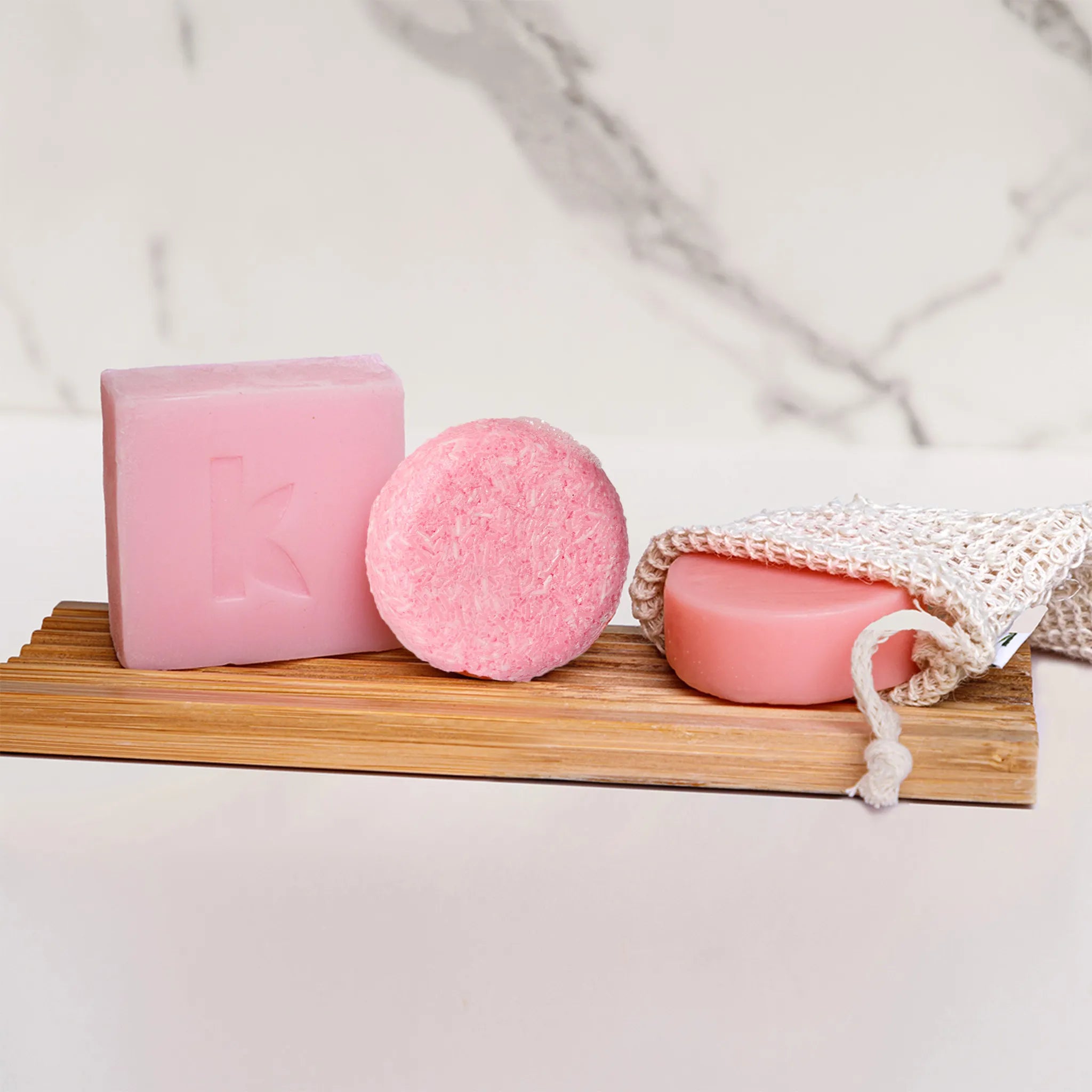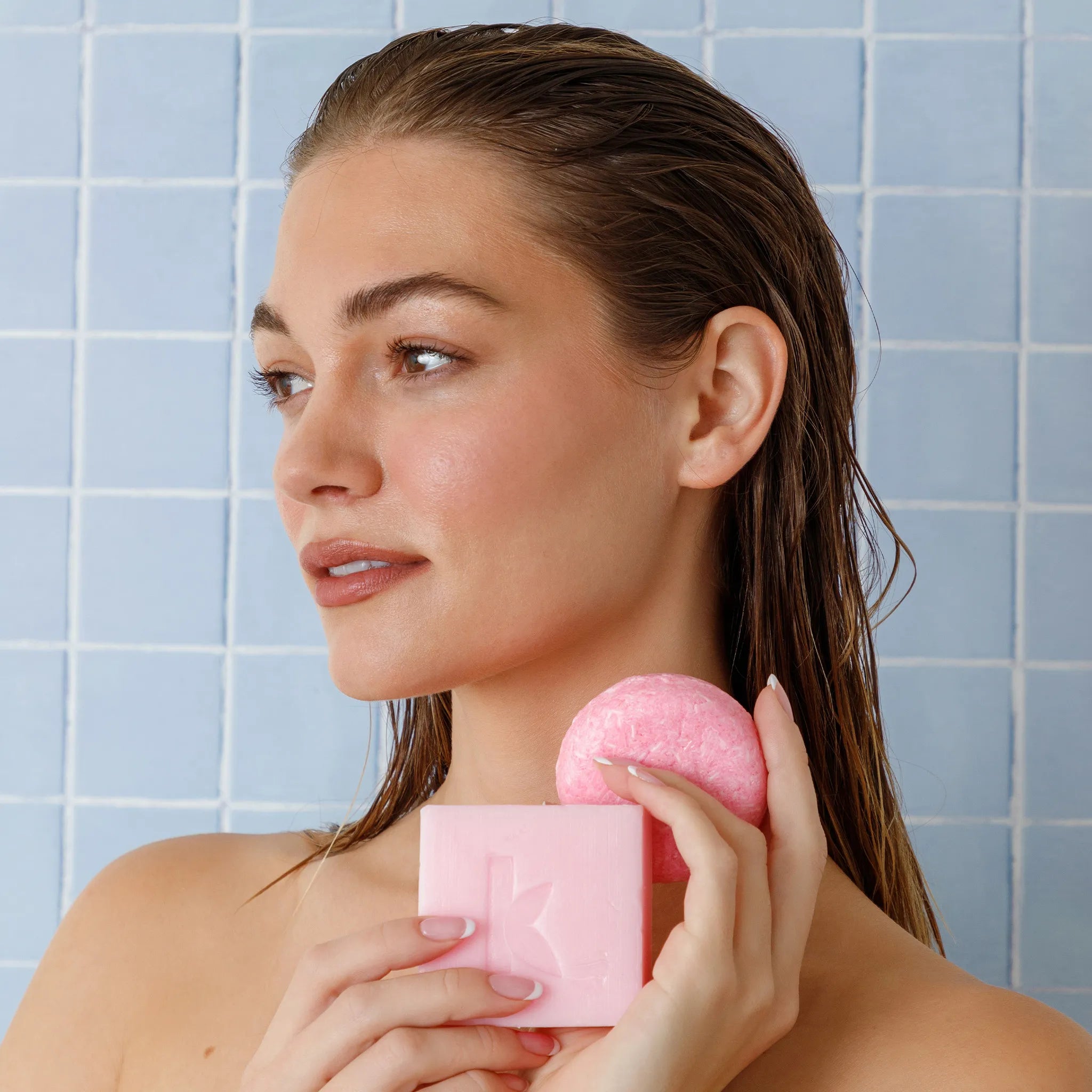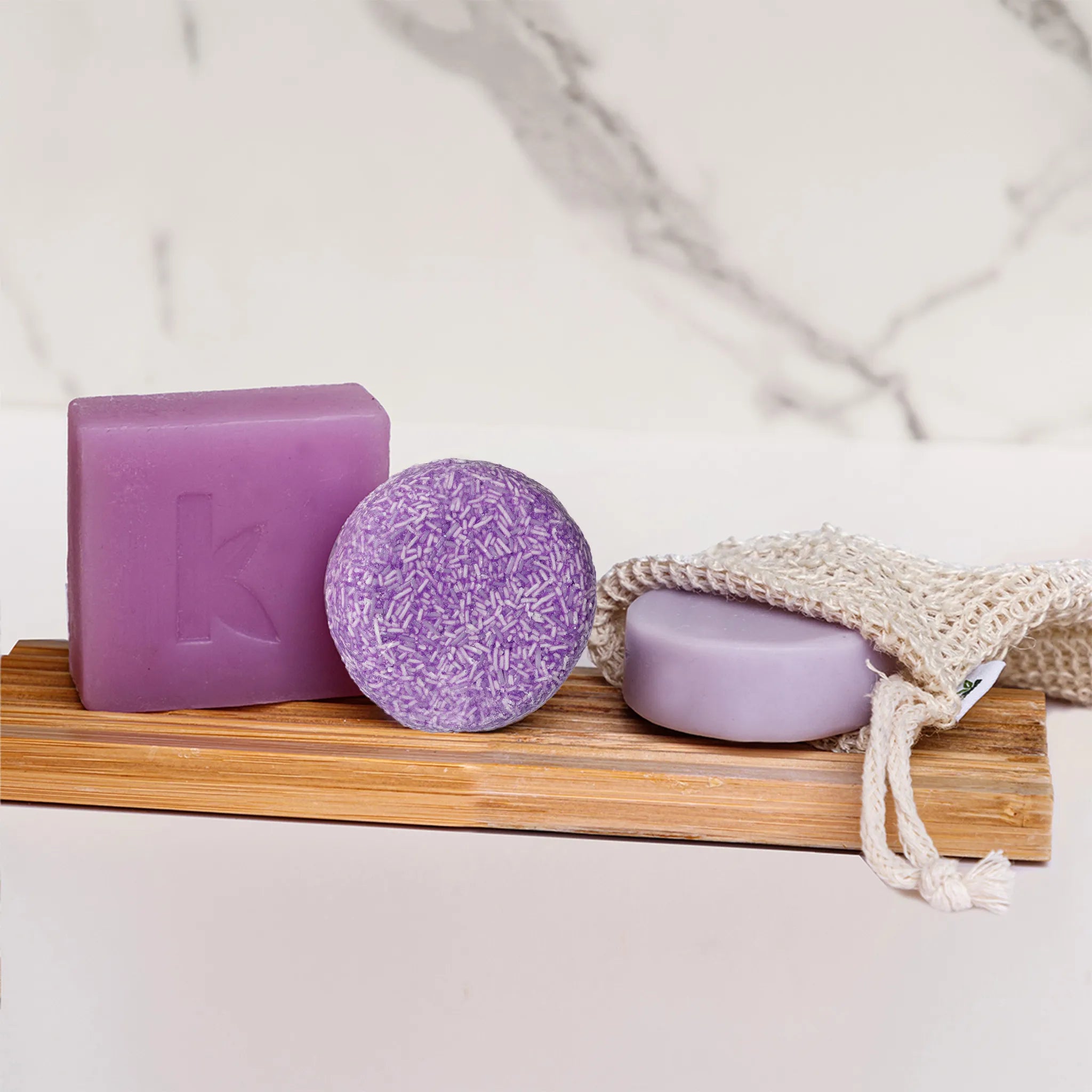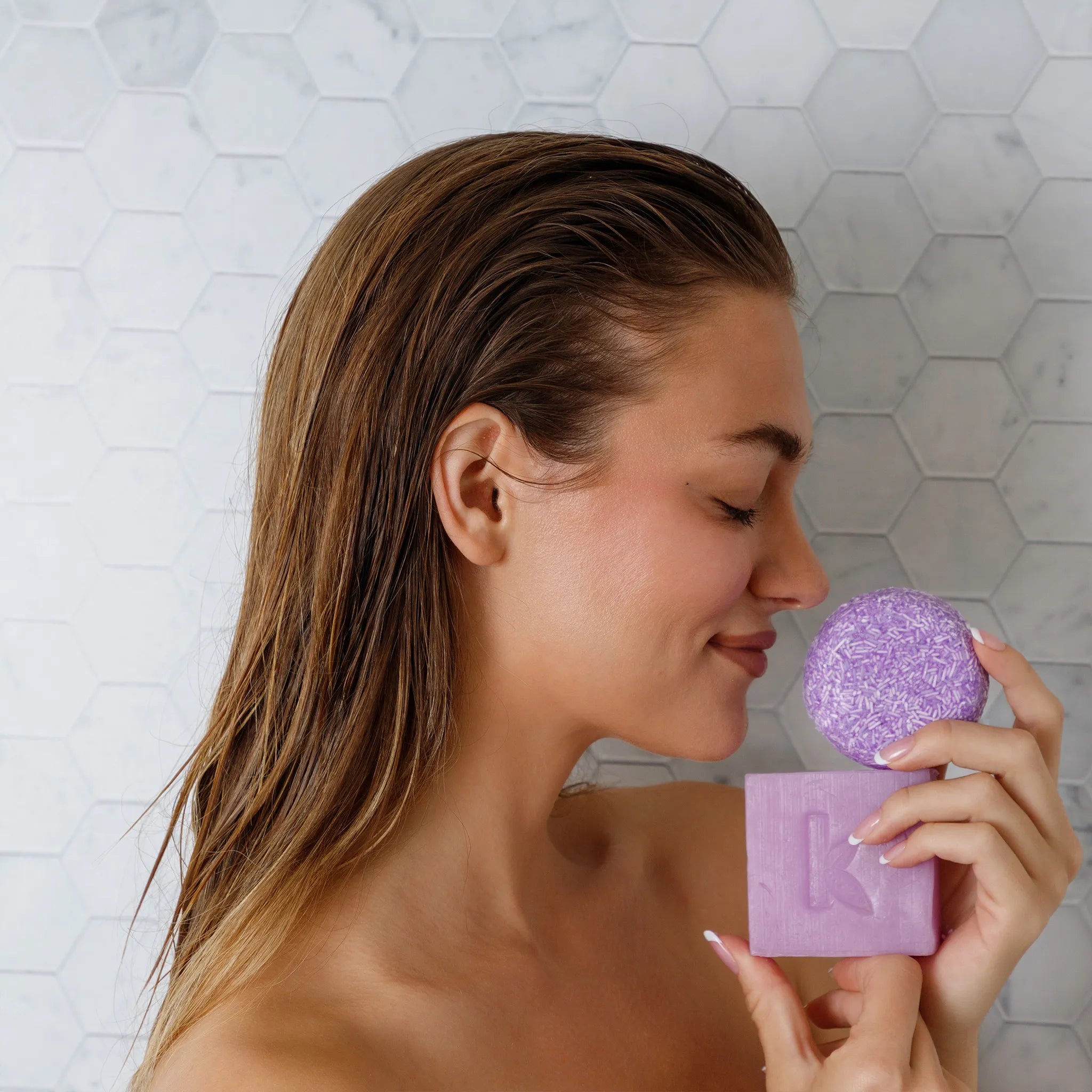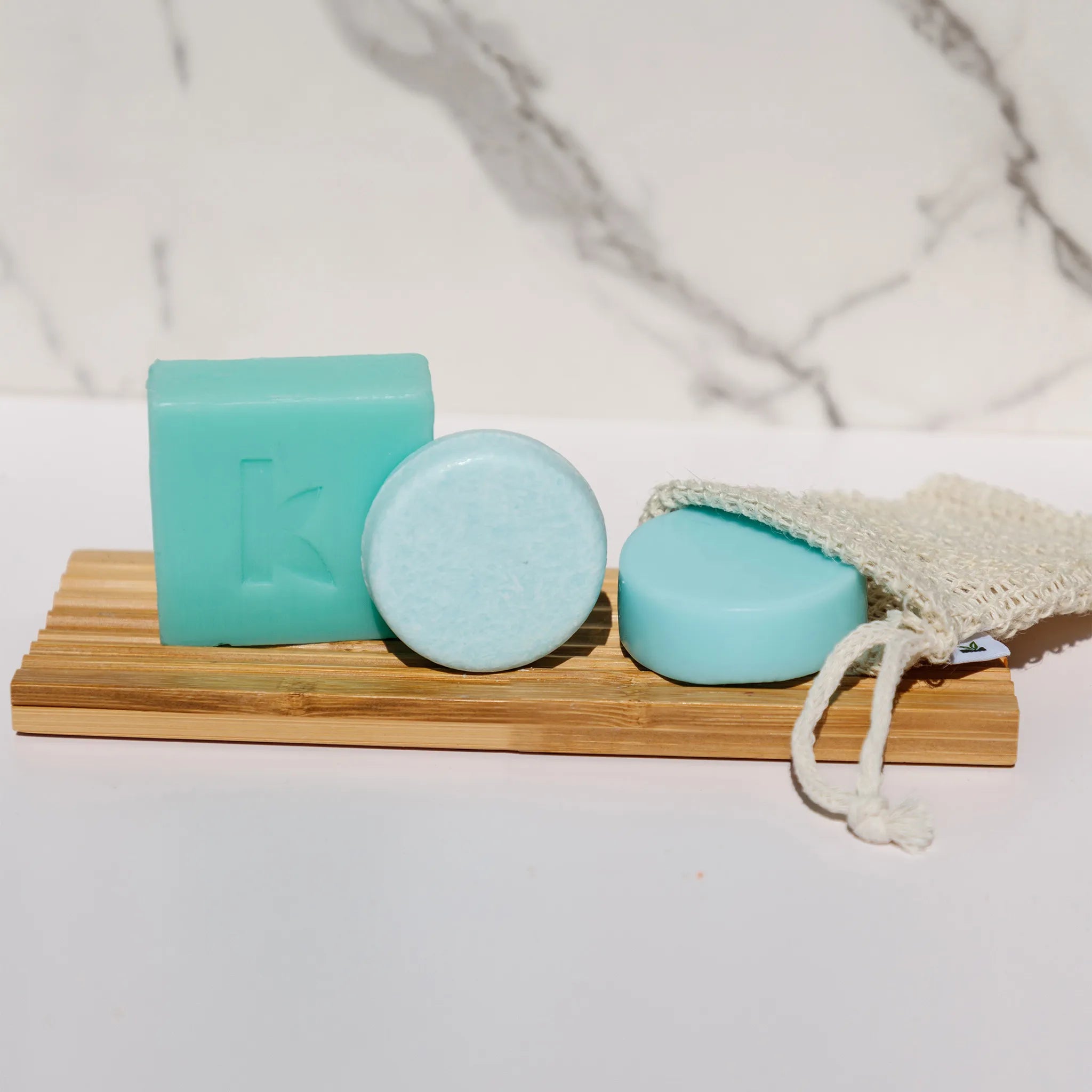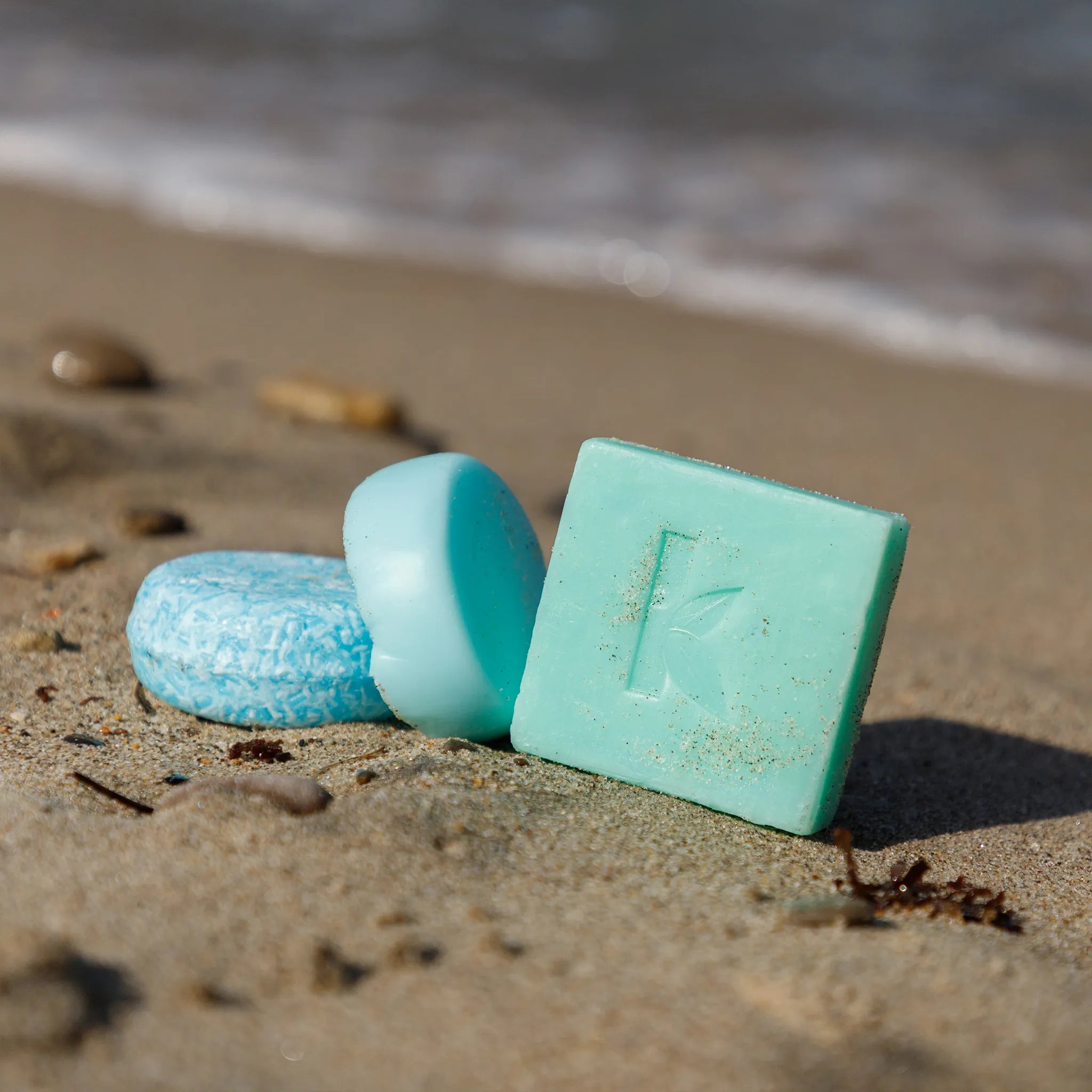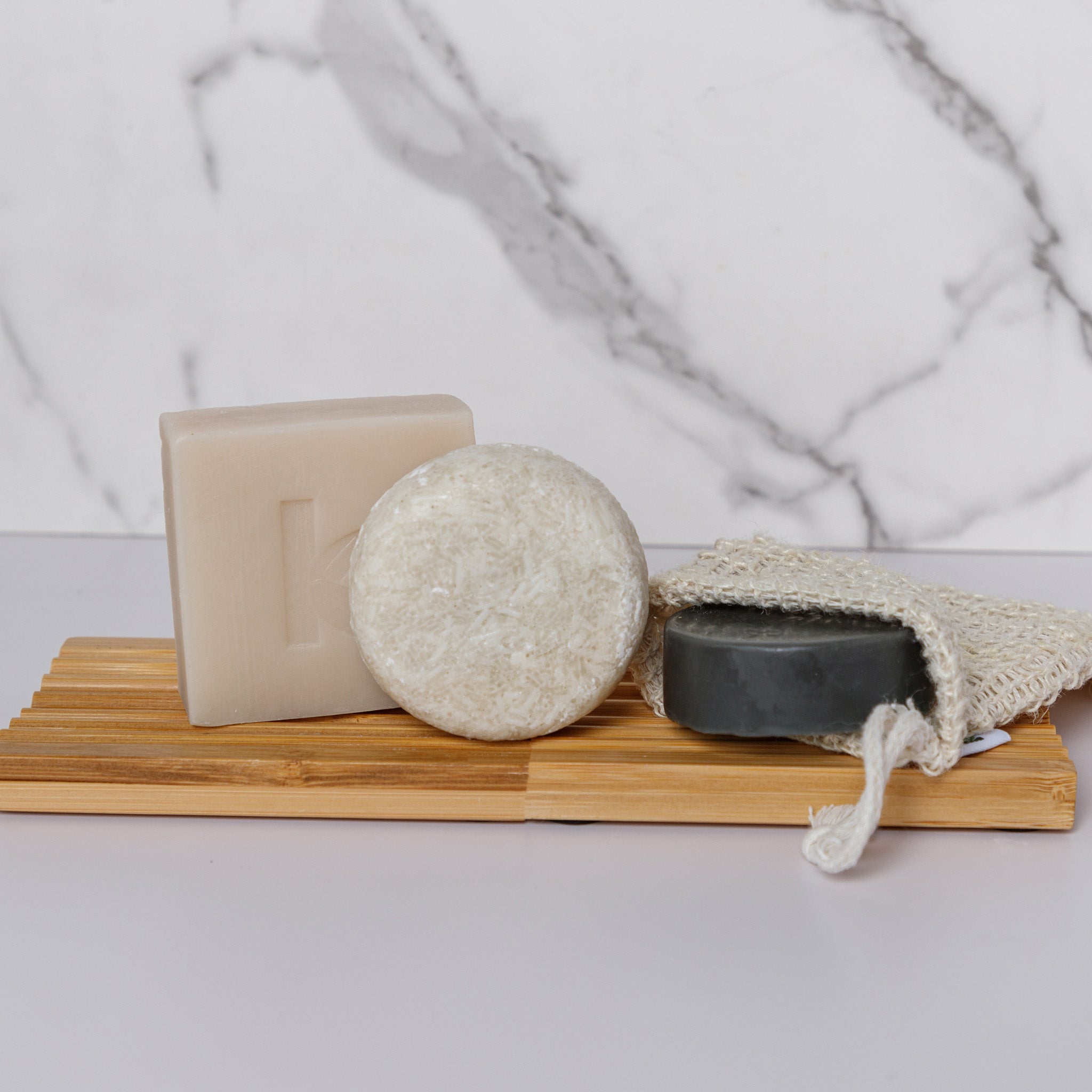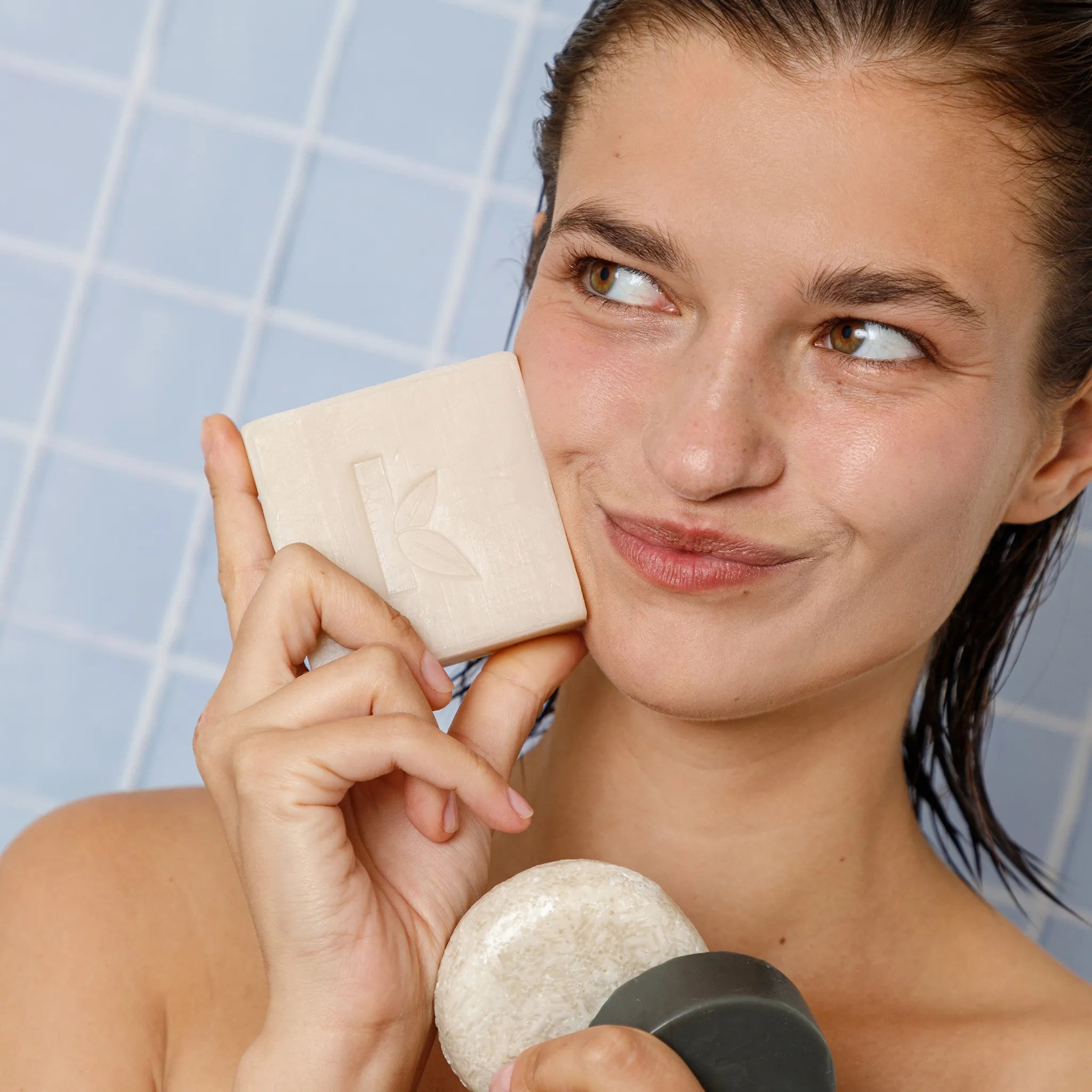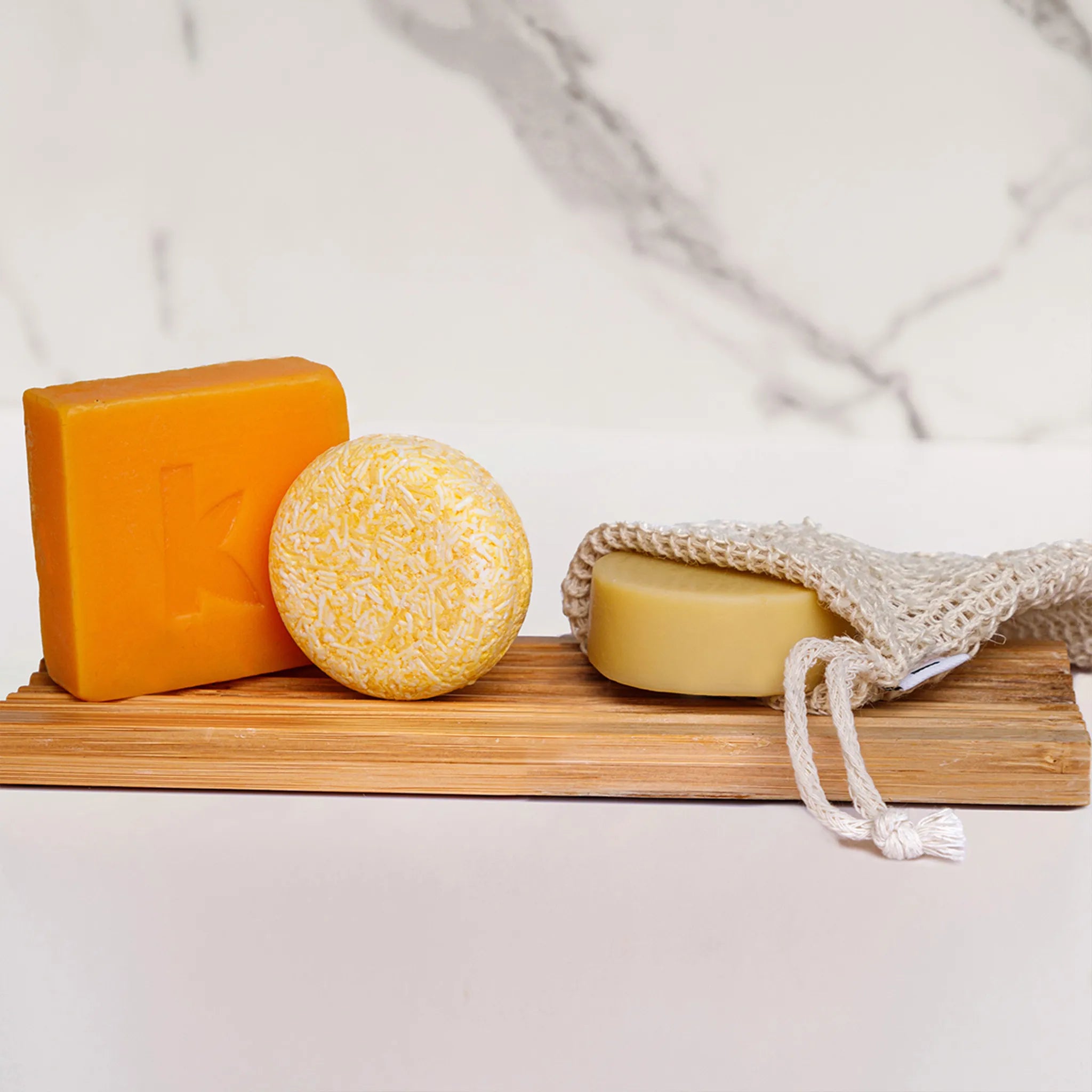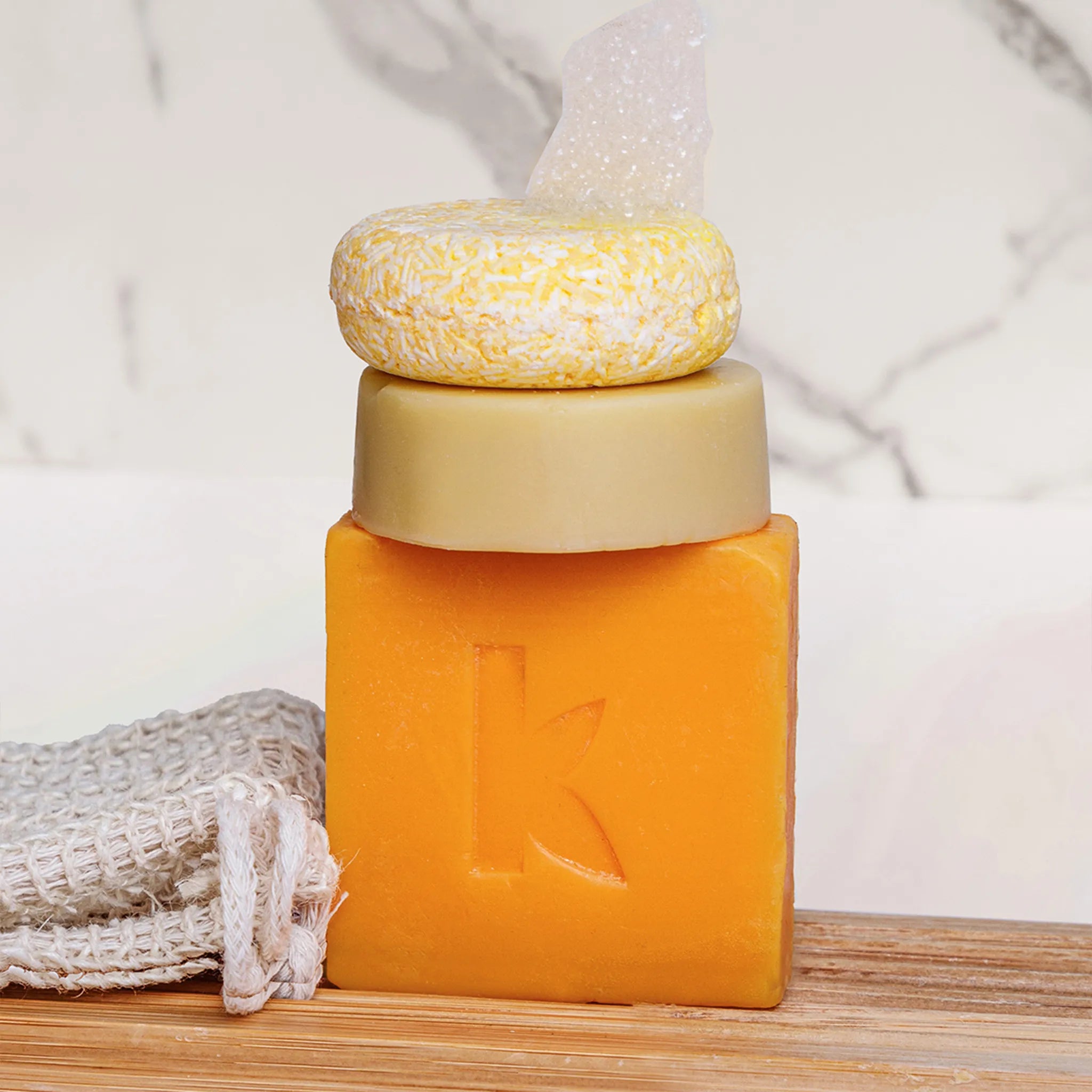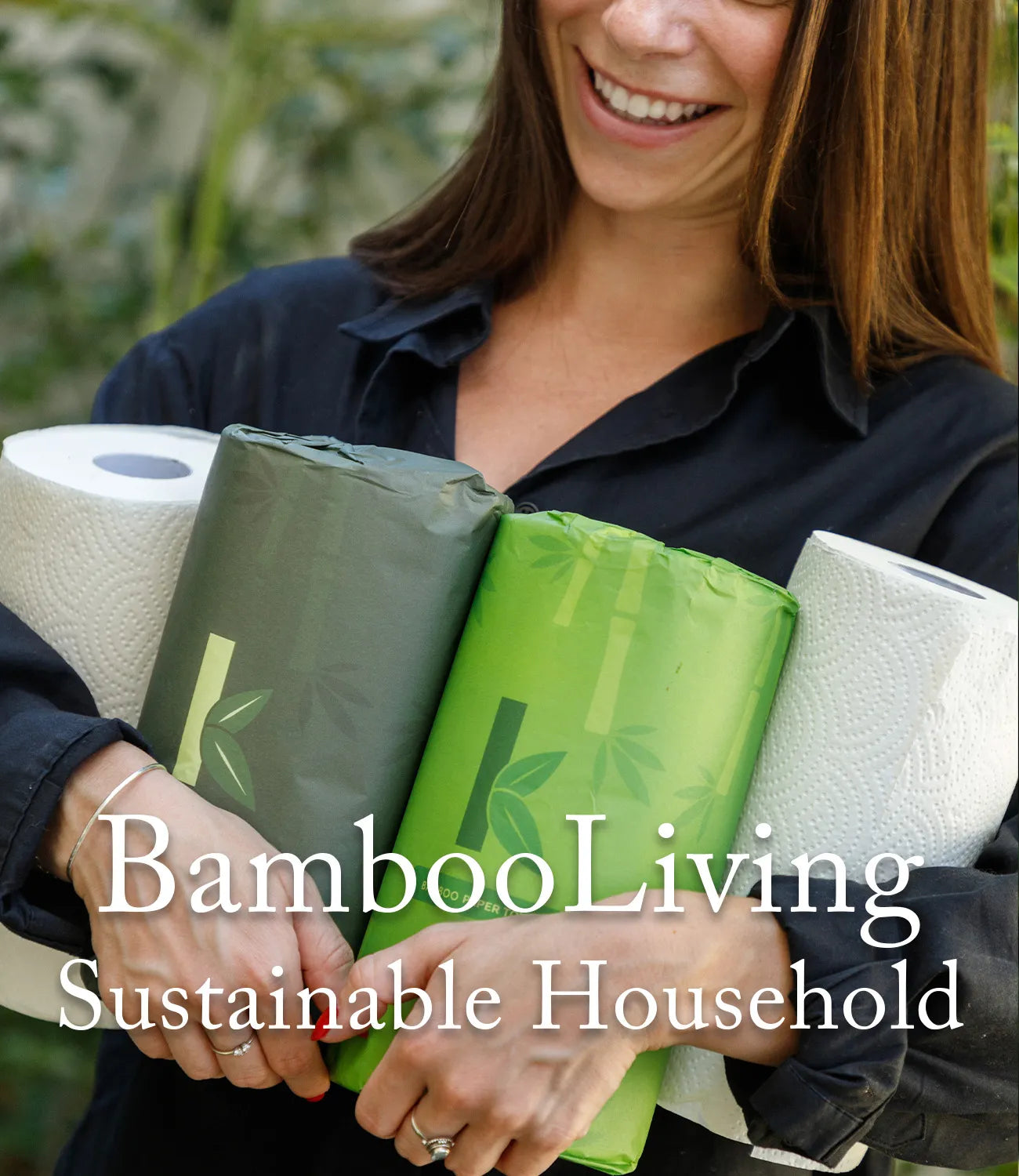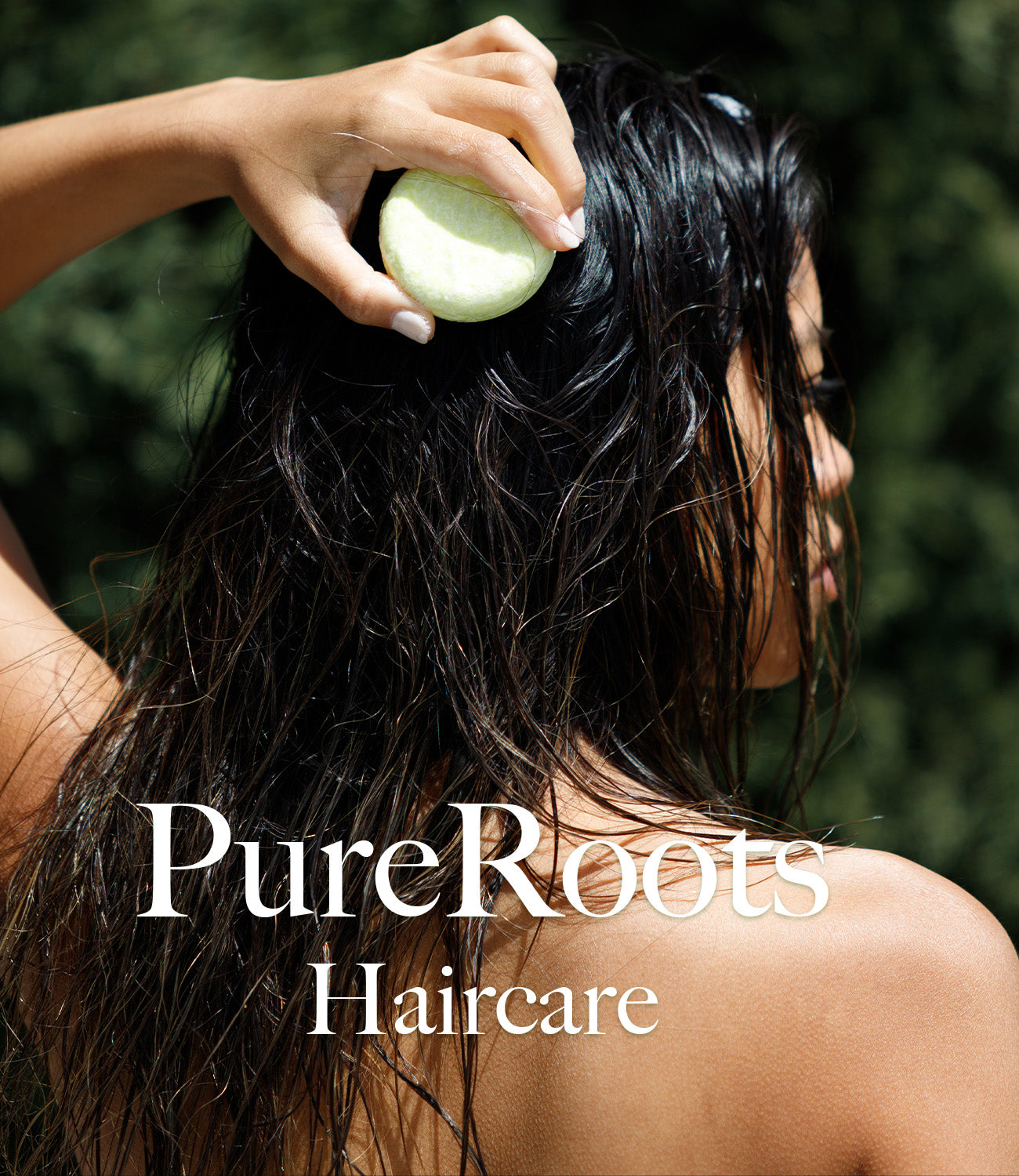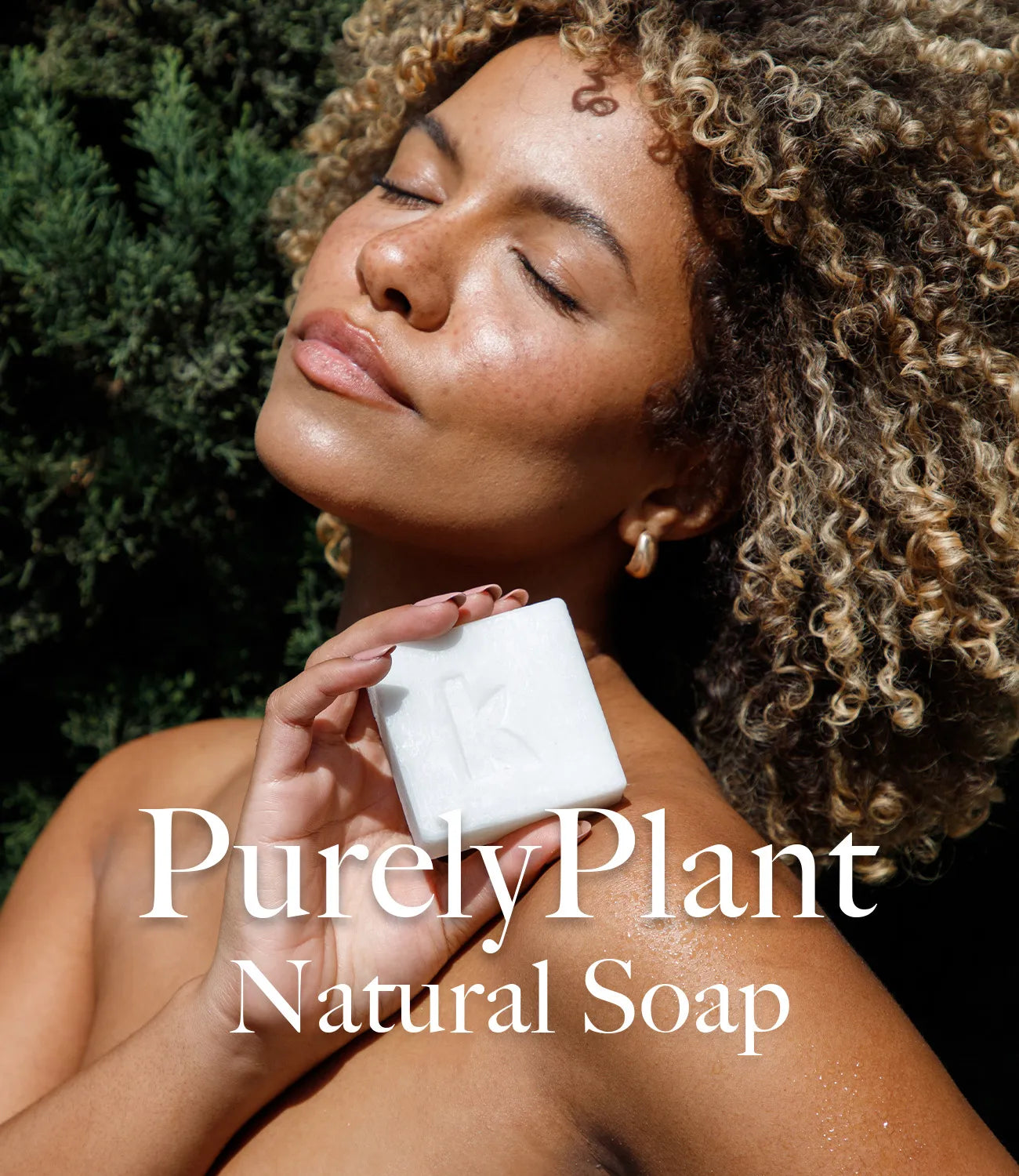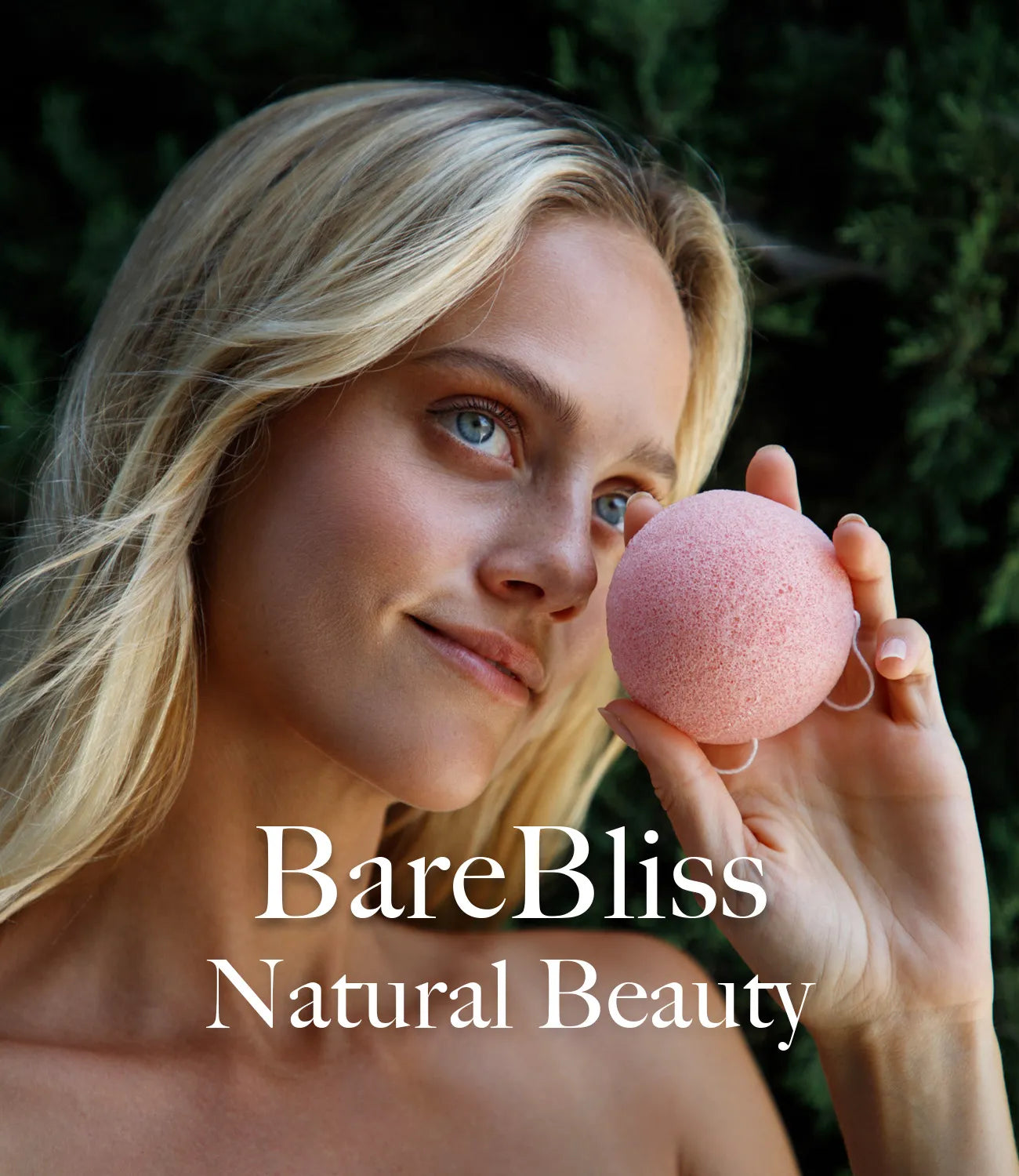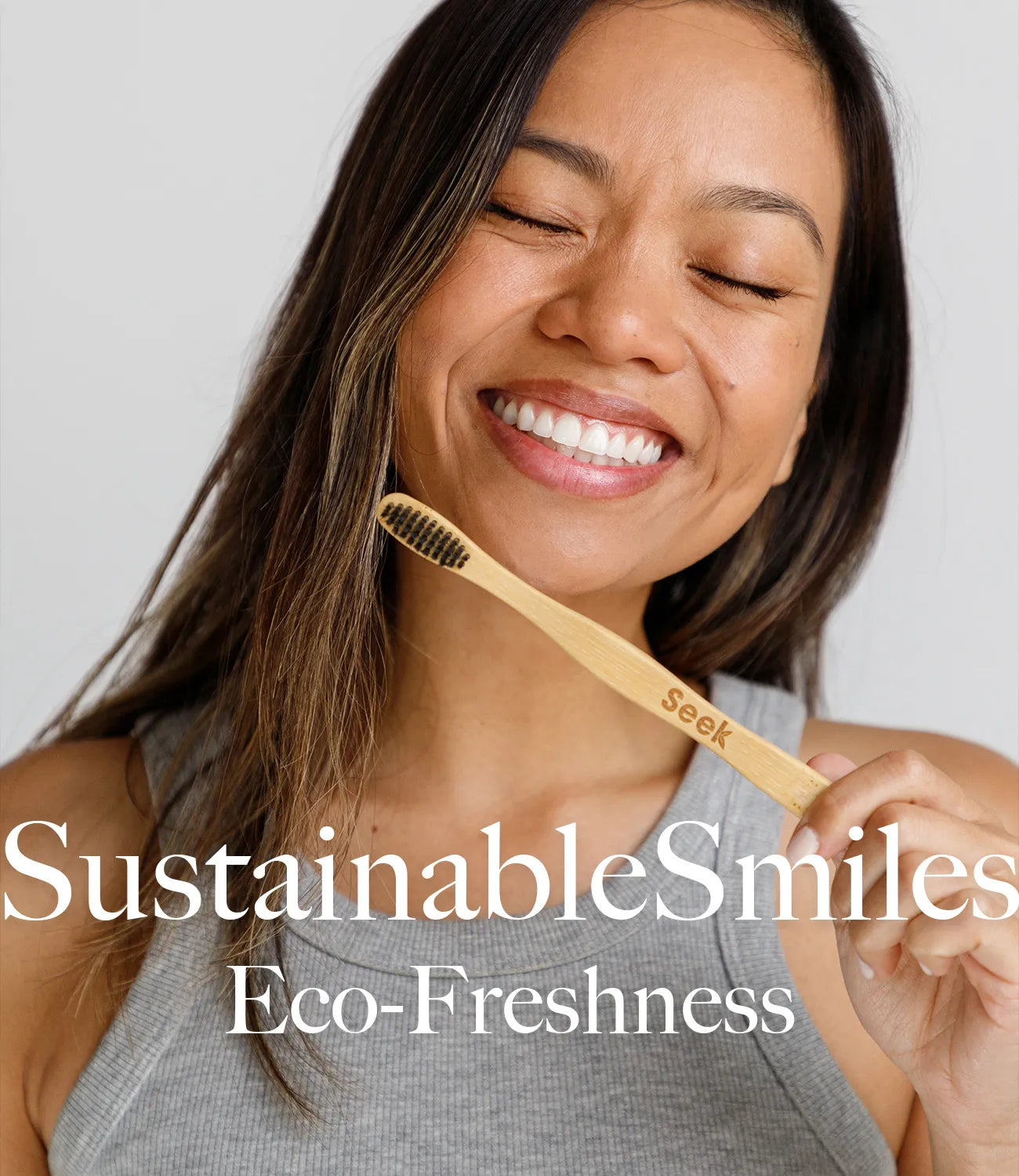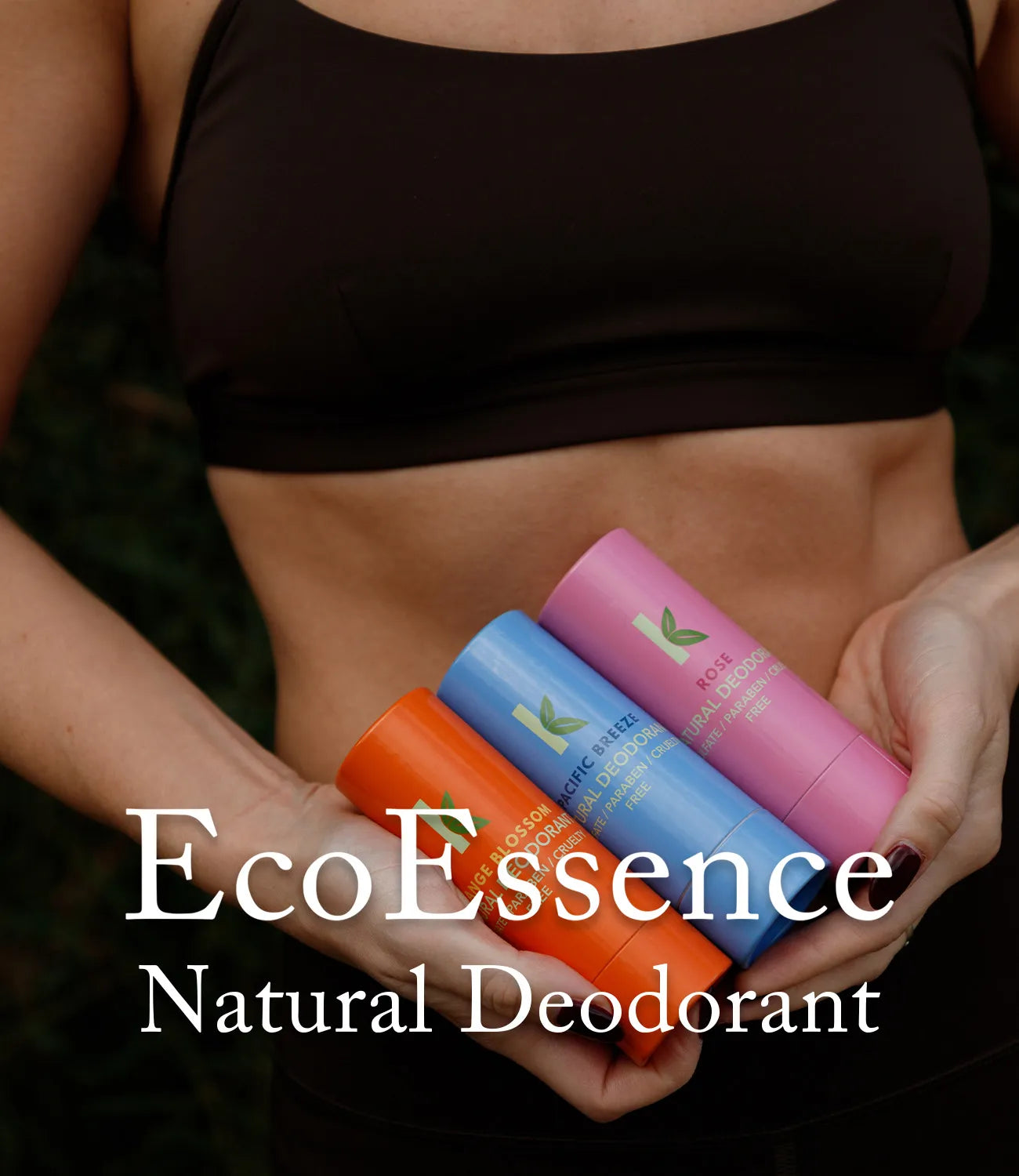What Is Unscented Soap?
Unscented soap is a type of soap that contains no added fragrances—synthetic or natural. Unlike traditional soaps that are often infused with essential oils or perfume-like scents, unscented soap is formulated to cleanse without overwhelming your senses. It’s a popular choice for individuals with sensitive skin, allergies, or a preference for simplicity in personal care products.
It’s important to note that “unscented” and “fragrance-free” are not always the same. Unscented soap may still contain masking agents to neutralize odors, while fragrance-free soap typically contains no fragrance compounds at all, including those meant to hide other smells. Always check the label if you're trying to avoid all types of fragrance additives.
Why Avoid Fragrances in Soap?
While scented soaps may seem luxurious or refreshing, the fragrances used—especially synthetic ones—can pose serious concerns for many people. Whether you have sensitive skin, allergies, or simply want a cleaner skincare routine, understanding the effects of fragrance in soap is essential.
Synthetic vs. Natural Fragrances
Fragrances used in soaps typically fall into two categories: synthetic and natural.
Synthetic fragrances are created using petrochemicals and other lab-derived ingredients. They're cheaper, longer-lasting, and can mimic almost any scent—but they often contain dozens (or even hundreds) of undisclosed chemicals, many of which can irritate the skin or disrupt hormones.
Natural fragrances are derived from essential oils, plant extracts, or resins. While they sound safer, even natural scents can cause irritation or allergic reactions in sensitive individuals. Plus, the term “natural” isn't strictly regulated, so it can sometimes be misleading.
Common Chemicals Found in Scented Soaps
Many scented soaps—especially those with synthetic fragrance—contain chemical compounds that can have unintended side effects. These include:
Phthalates – Often used to make fragrances last longer, phthalates are linked to hormone disruption and reproductive toxicity.
Parabens – Though more common in preservatives, some scented products still use parabens, which have been found in breast tissue and may disrupt hormone function.
Limonene, linalool, and eugenol – Common in both synthetic and natural fragrances, these compounds can oxidize on the skin and cause allergic reactions.
Formaldehyde-releasing agents – Sometimes used in fragrance formulations and can be irritating or toxic.
How Fragrances Affect the Skin
Fragrances are among the most common causes of skin irritation, especially in people with conditions like eczema, rosacea, or contact dermatitis. The skin’s outer barrier can react negatively to fragrance ingredients, leading to:
Itchiness or burning sensations
Redness and inflammation
Dry patches or peeling
Chronic rashes or allergic flare-ups
Even if your skin doesn’t react immediately, prolonged use of scented products can increase your sensitivity over time. This is especially true for delicate areas like the face, underarms, or intimate regions.
By avoiding fragrance in your soap, you’re not just simplifying your skincare—you’re making a choice that supports skin health, reduces chemical exposure, and minimizes potential allergens.
Top Benefits of Unscented Soap
Unscented soap offers a range of benefits that go beyond simply avoiding fragrance—it supports healthier skin and a more mindful personal care routine. Whether you have sensitive skin or just want to reduce your exposure to unnecessary chemicals, here are some of the top reasons to make the switch.
1. Gentle on Sensitive Skin
Fragrances—especially synthetic ones—are a common irritant, even for people without pre-existing skin conditions. Unscented soap skips these potentially harsh additives, making it far less likely to cause redness, itching, or stinging. For those with sensitive skin, unscented soap provides a soothing alternative that cleanses without compromise.
2. Ideal for Allergies and Eczema
People with allergies or chronic skin conditions like eczema, psoriasis, or rosacea often experience flare-ups triggered by artificial ingredients. Unscented soap minimizes exposure to allergens and harsh chemicals, making it a safer option that can help prevent inflammation and irritation. Dermatologists often recommend unscented products for patients managing these conditions.
3. Less Likely to Disrupt the Skin Barrier
Our skin has a natural protective barrier that maintains moisture, regulates pH, and guards against external irritants. Fragrances can disrupt this barrier, leading to dryness, imbalance, and increased sensitivity. Unscented soaps tend to use fewer disruptive ingredients, helping preserve the skin's integrity and maintaining its natural oils and pH balance.
4. Safe for Babies and the Elderly
The skin of infants and older adults is typically thinner and more delicate. Using heavily fragranced products can overwhelm these vulnerable skin types. Unscented soap is mild, non-irritating, and free of unnecessary additives, making it ideal for the most sensitive age groups. It gently cleans without exposing delicate skin to excess risk.
5. Reduces Risk of Contact Dermatitis
Contact dermatitis is an allergic or irritant reaction that can develop after using fragranced products. It causes red, itchy, inflamed patches of skin—and it's often difficult to trace back to a specific ingredient. By removing one of the most common culprits (fragrance), unscented soap significantly lowers the chances of developing this uncomfortable condition.
Whether you're managing a skin condition or simply seeking a gentler routine, unscented soap is a powerful choice. It focuses on what your skin needs—and leaves out what it doesn’t.
Environmentally Friendly Aspects of Unscented Soap
In addition to being gentle on your skin, unscented soap is often a smarter choice for the environment. Many unscented products are formulated with sustainability in mind, using fewer chemicals, biodegradable ingredients, and minimal packaging. Here's how choosing unscented soap can support a healthier planet.
1. Part of Natural, Biodegradable Product Lines
Unscented soaps are frequently found in natural or organic product lines, which prioritize eco-conscious formulations. These soaps typically avoid synthetic fragrances, dyes, and preservatives, which can persist in the environment long after they wash down the drain. Instead, they use plant-based ingredients that break down easily and safely in nature, making them biodegradable and less toxic to wildlife.
2. Less Chemical Runoff into Waterways
When you rinse off a fragranced soap, you're not just washing your skin—you're potentially sending harsh chemicals into the water system. Synthetic fragrances and preservatives can contribute to water pollution, harming aquatic life and disrupting ecosystems. Unscented soaps, by avoiding these additives, help reduce the chemical load on wastewater treatment systems and minimize the environmental footprint of your daily hygiene routine.
3. Often Packaged Sustainably
Many unscented soaps, especially bar soaps, come with minimal or plastic-free packaging. They’re often wrapped in recyclable paper, compostable materials, or no packaging at all—a major win in the fight against plastic waste. Liquid soaps, if unscented and eco-conscious, may also be available in refillable or biodegradable containers. Choosing unscented often aligns with broader sustainable practices within the brand.
By choosing unscented soap, you’re not only protecting your skin—you’re also making a conscious decision to reduce your environmental impact. It’s a small switch that supports both personal wellness and the planet.
Why Unscented Options Matter in Hair Care Too
Just like with soap, the fragrances in hair products can lead to scalp irritation, dryness, or allergic reactions—especially for those with sensitive skin or conditions like eczema or dandruff. That’s why unscented shampoo bars are gaining popularity. They cleanse effectively without overwhelming your senses or introducing harsh chemicals, making them a smart choice for people who want both healthy hair and a happy scalp.


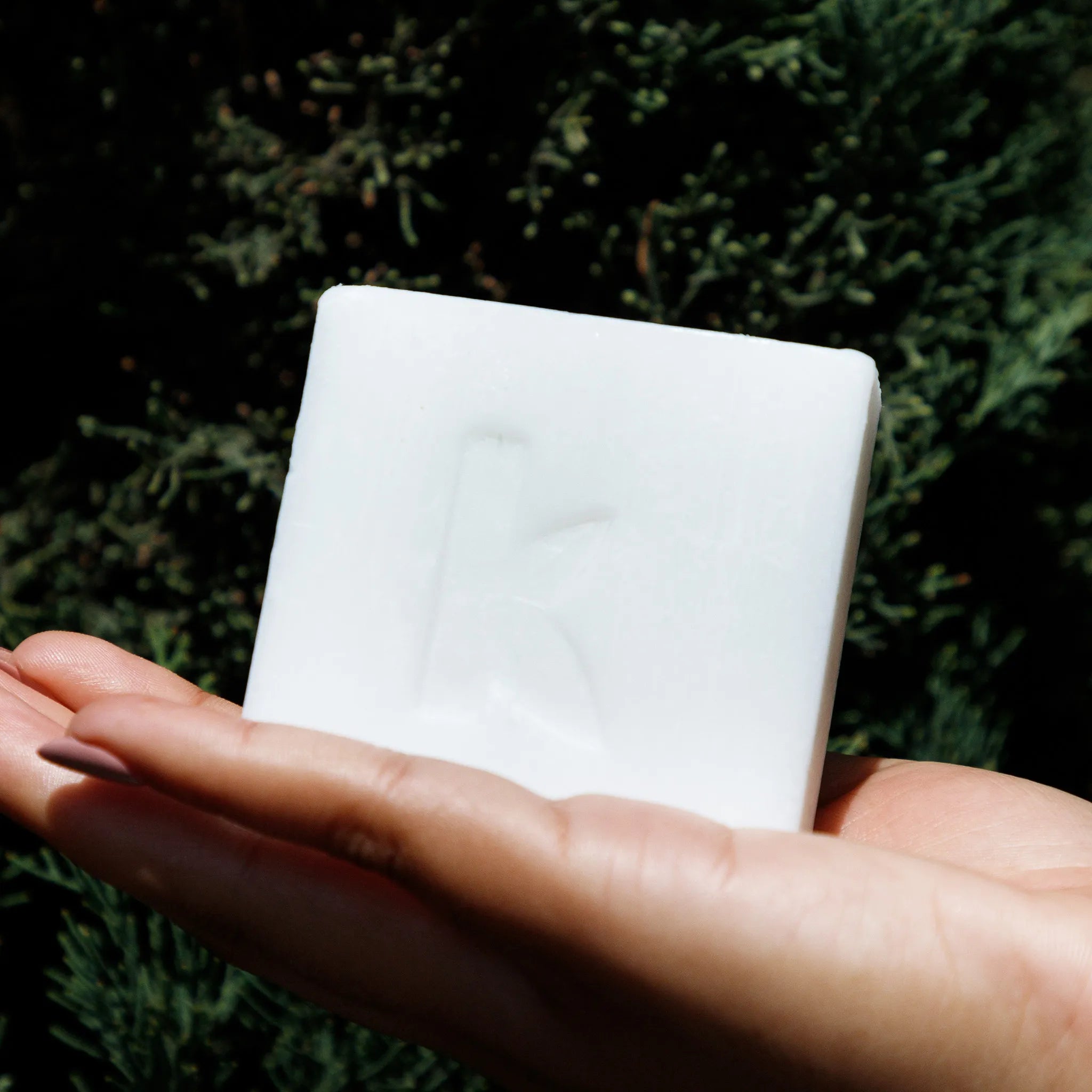



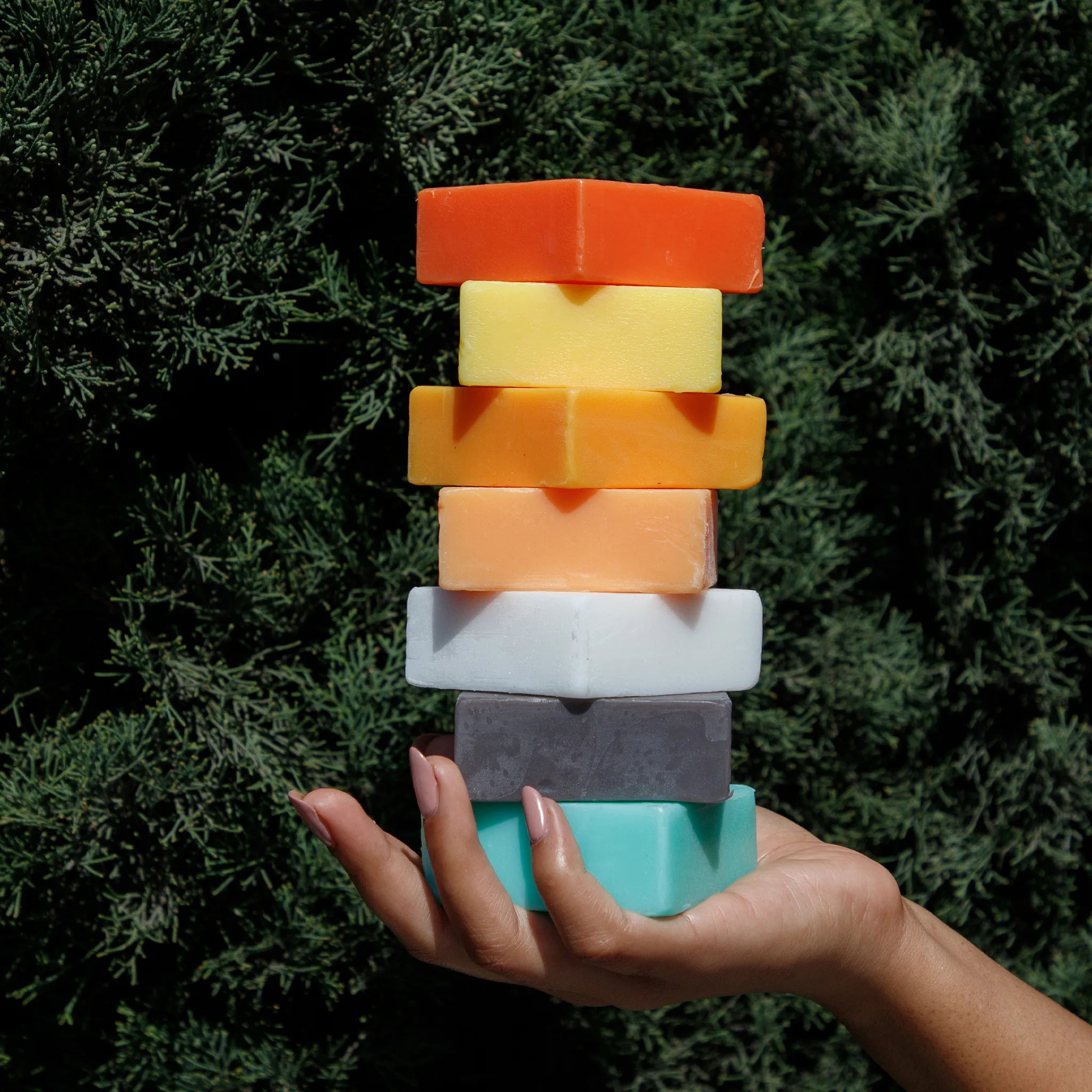
✓ Rich in nourishing goat milk, packed with vitamins A, B3, B12, and D, and omega fatty acids, to hydrate and soften skin
✓ Gentle exfoliation with goat milk to remove dead skin cells and promote smooth, glowing skin
✓ Free of sulfates, parabens, dyes, & synthetic fragrances
✓ 5 oz. bar size — long-lasting lather with every wash
✓ Cold-processed for a nutrient-packed, gentle cleanse
Make the Switch to Simpler, Safer Products
Choosing unscented products—whether for your body or your hair—is a small but powerful step toward a cleaner, more mindful routine. Shampoo bars that are free from synthetic fragrances offer all the cleansing power without the unnecessary additives. Plus, they’re compact, travel-friendly, and come with minimal packaging, making them just as good for the environment as they are for you.
Natural Soap Bars
No Scents, No Nonsense
A fragrance-free FAQ for folks who want clean skin without the drama.
What does "unscented" really mean?
Unscented" means the product contains no added fragrance—either synthetic or natural—for the purpose of providing a scent. However, unscented soap may still have a very mild smell that comes naturally from its base ingredients (like oils or butters), but it is not perfumed to smell a certain way.
How is unscented soap different from fragrance-free soap?
These terms are often used interchangeably, but there’s a slight difference.
typically means no added fragrance ingredients of any kind.
may still contain masking agents that neutralize natural odors but aren't meant to smell pleasant.
For those with allergies or very sensitive skin, true fragrance-free is usually the safest option.
Why do some unscented soaps still have a mild smell?
The mild scent in unscented soap comes from its natural ingredients, such as oils, butters, or herbal extracts. Since no perfumes are added to cover up or enhance these aromas, the smell is subtle and usually fades quickly after use.
Is unscented soap better for sensitive skin?
Yes! Unscented soap is often recommended by dermatologists for people with sensitive skin, eczema, allergies, or psoriasis. Avoiding added fragrances helps reduce the risk of irritation, itching, dryness, and allergic reactions.
Can unscented soap still clean effectively?
Absolutely. Scent does not affect how well a soap cleans. Unscented soap still removes dirt, oil, and bacteria—just like scented versions—but without unnecessary additives that can irritate your skin.
Is unscented soap safe for babies and elderly people?
Yes, unscented soap is often one of the safest options for both babies and the elderly. Their skin is thinner and more delicate, and avoiding fragrance helps reduce the risk of irritation or rashes.
Is unscented soap more environmentally friendly?
Often, yes. Many unscented soaps are part of natural, biodegradable, and eco-conscious product lines. By avoiding synthetic scents, they reduce chemical runoff into waterways and are more likely to come in sustainable, plastic-free packaging.
Can I find unscented shampoo bars too?
Yes! Unscented shampoo bars are perfect for people with sensitive scalps or fragrance sensitivities. They offer gentle cleansing without synthetic scents, and because they’re solid and low-waste, they’re a great eco-friendly alternative to bottled shampoo.


